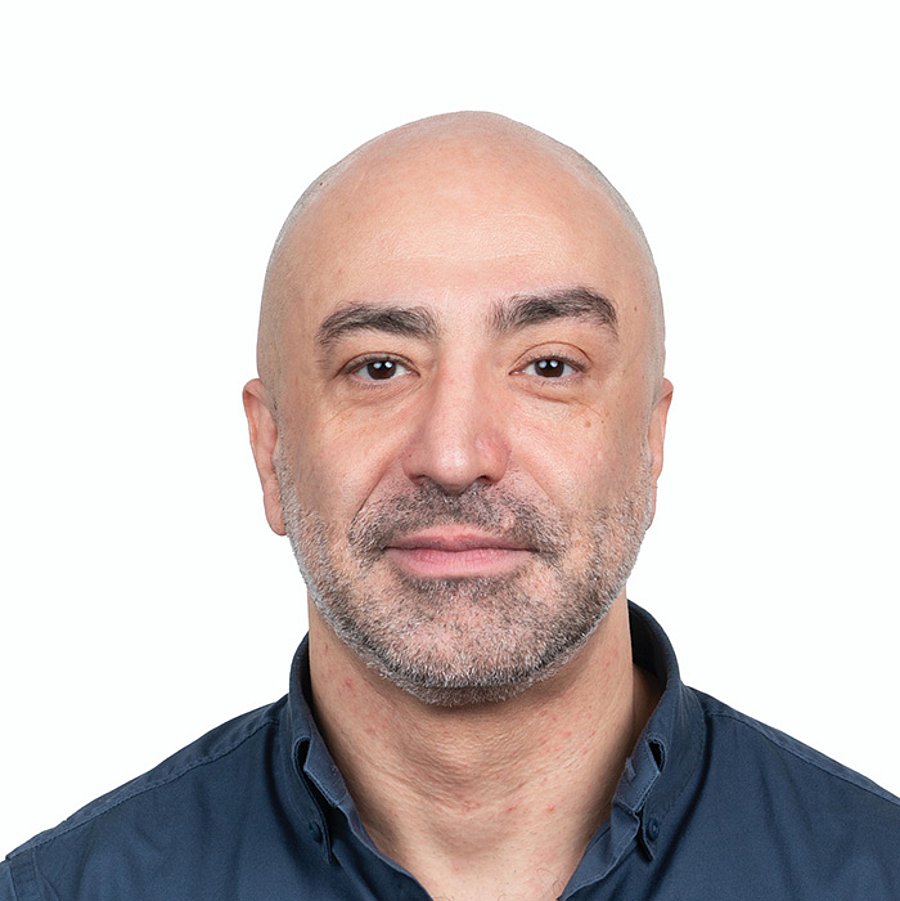
Houtan Bassiri is the Innovative Partnerships and Resource Mobilization Coordinator at the Global Mechanism of the UN Convention to Combat Desertification (UNCCD). In this role, he leads a team focused on private sector engagement, innovative financing, and economics. The Global Mechanism works to mobilize financial resources for implementing the UN Convention to Combat Desertification, which addresses the critical challenges of desertification, land degradation, and drought worldwide.
Before joining UNCCD in August 2024, Houtan spent three years as Head of the Brussels Office for the UN Capital Development Fund (UNCDF), where he managed the organization's strategic relationship with the European Union. His earlier career includes fourteen years with the International Finance Corporation (IFC), part of the World Bank Group, where he held various partnerships and communications roles across multiple locations including Johannesburg, Nairobi, Washington D.C., and Brussels.
Houtan holds a Master's degree in International Affairs with a focus on International Economic Policy from Columbia University in New York.
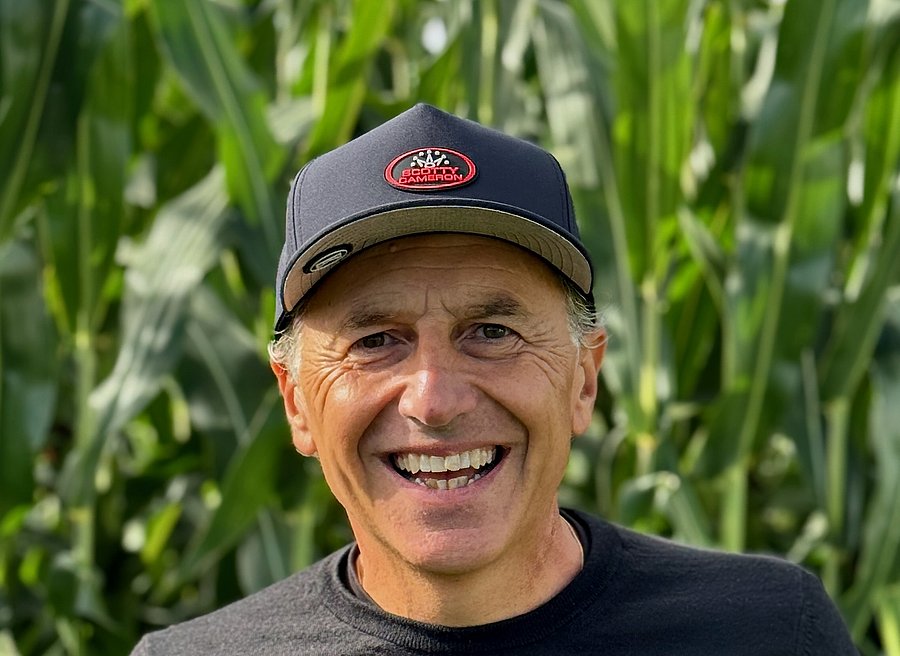
Bruno Basso is the Hannah Distinguished Professor Earth and Environmental Sciences at Michigan State University. He is an internationally recognized agroecosystem scientist and crop systems modeler. His research focuses on agricultural sustainability, climate change impact on agricultural systems, food security, and digital agriculture. He is a Fellow of the American Association for the Advancement of Science (AAAS);
He is the recipient of the 2021 Morgan Stanley Sustainability Solution Prize Collaborative among some his prestigious awards he received. He serves as member of the Board of Agriculture and Natural Resources of the US National Academies of Sciences, serves on the Biological and Environmental Research Advisory Council of Department of Energy, Office of Science.
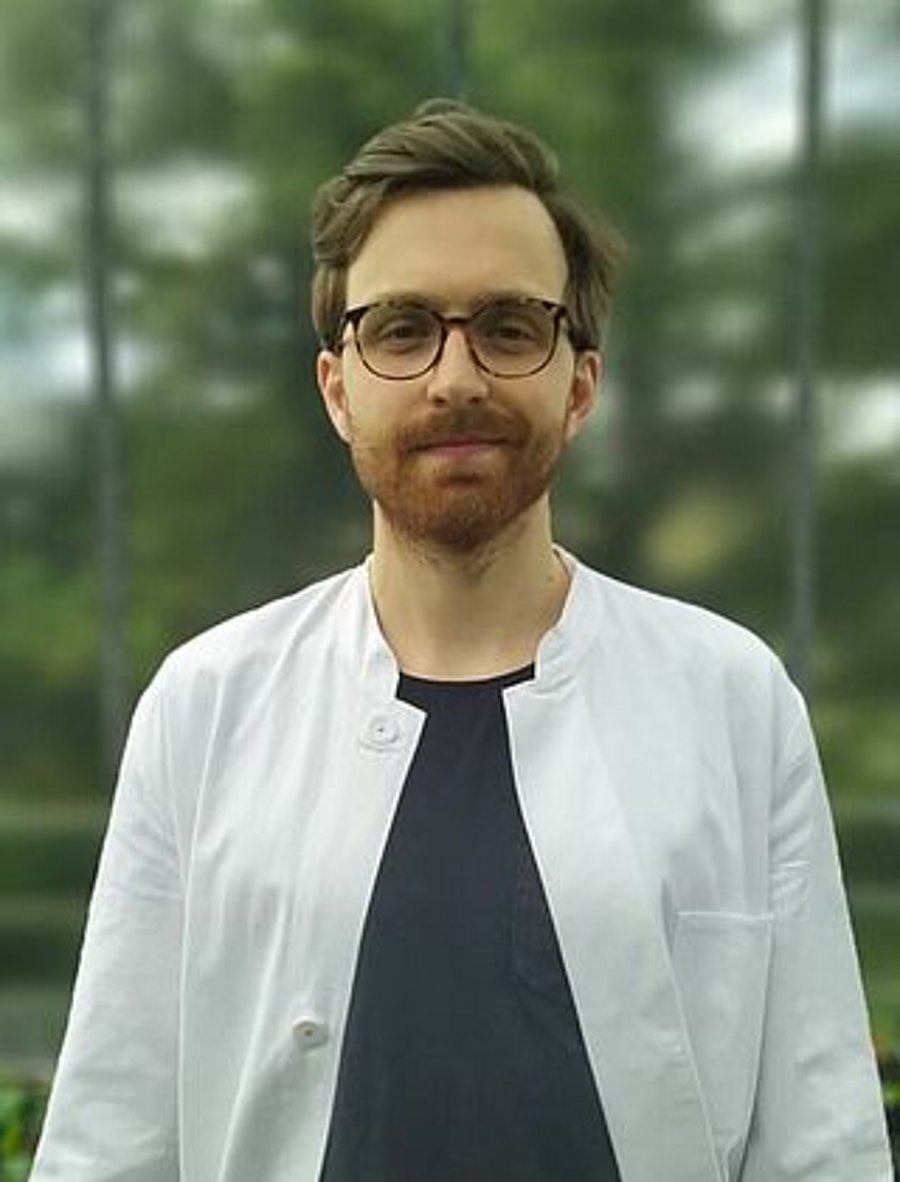
Lukas Beule holds a doctoral degree in soil ecology from the University of Göttingen. He finished his doctoral thesis on microbial communities in cropland at the Department of Crop Sciences in 2021. Thereafter, he became head of the research group “soil functions and biodiversity” at the Julius Kühn Institute, Federal Research Centre for Cultivated Plants, in Berlin. As of September 2025, he will be a professor of land-use ecology at the South Westphalia University of Applied Sciences in Soest. His research focusses on soil life and its functions in sustainable land-use systems, especially agroforestry systems. He has a strong expertise in the analysis of the soil biome, ranging from prokaryotic microorganisms to fungi to soil fauna.
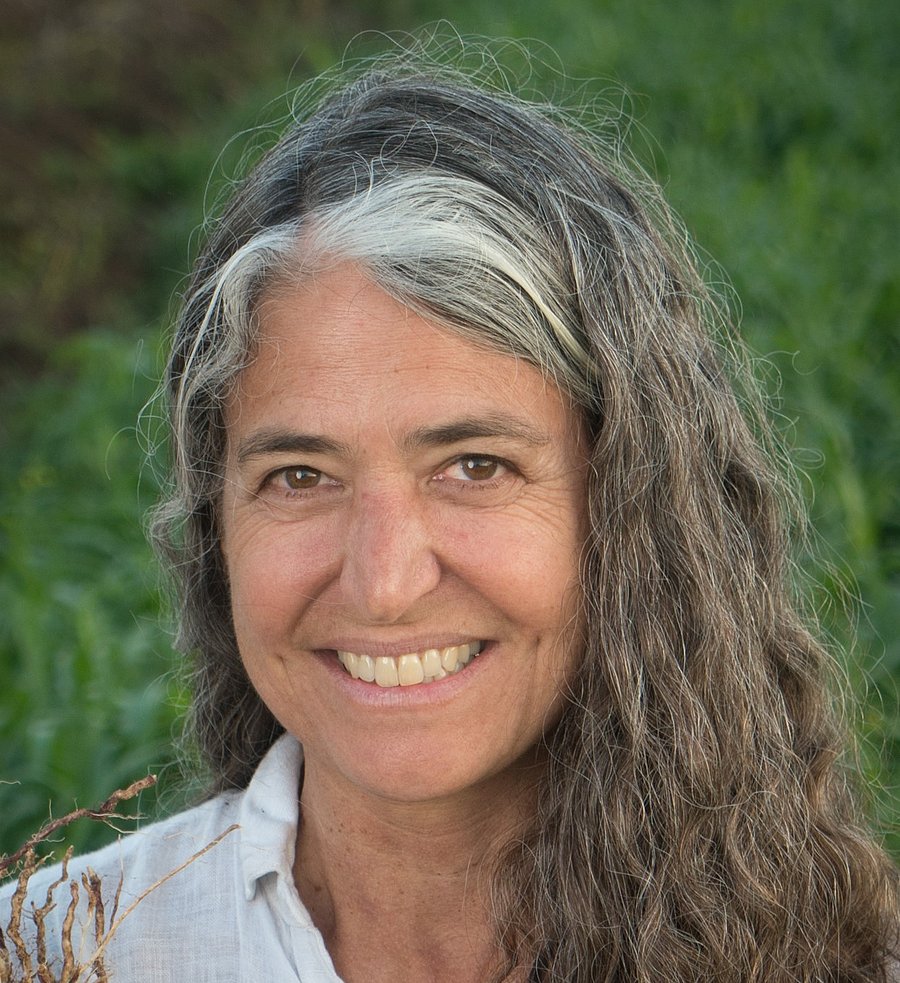
Deborah Bossio is the Lead Scientist for Food Systems and Soil Science at The Nature Conservancy (TNC). The Nature Conservancy is a large, science driven, international environmental NGO, working in 70 countries and territories to conserve the lands and waters on which all life depends. At the Conservancy, Deborah is an integral member of the Global Leadership team for Food and Water Systems, and an active member of the Cabinet of Lead Scientists. In addition she serves as a member of the Science and Technical Committee for the 4 per 1000 Initiative and is co-chair of the Steering Committee and Science Committee for the Soil Carbon IRC. Prior to working at TNC, she spent more than 20 years living and working in Africa, Asia and the Americas working as a science leader in the CGIAR. She holds a M.Sc. and PhD in Soil Science from the University of California, Davis and is passionate about the pivotal role that soils play in supporting lives and ecosystems.
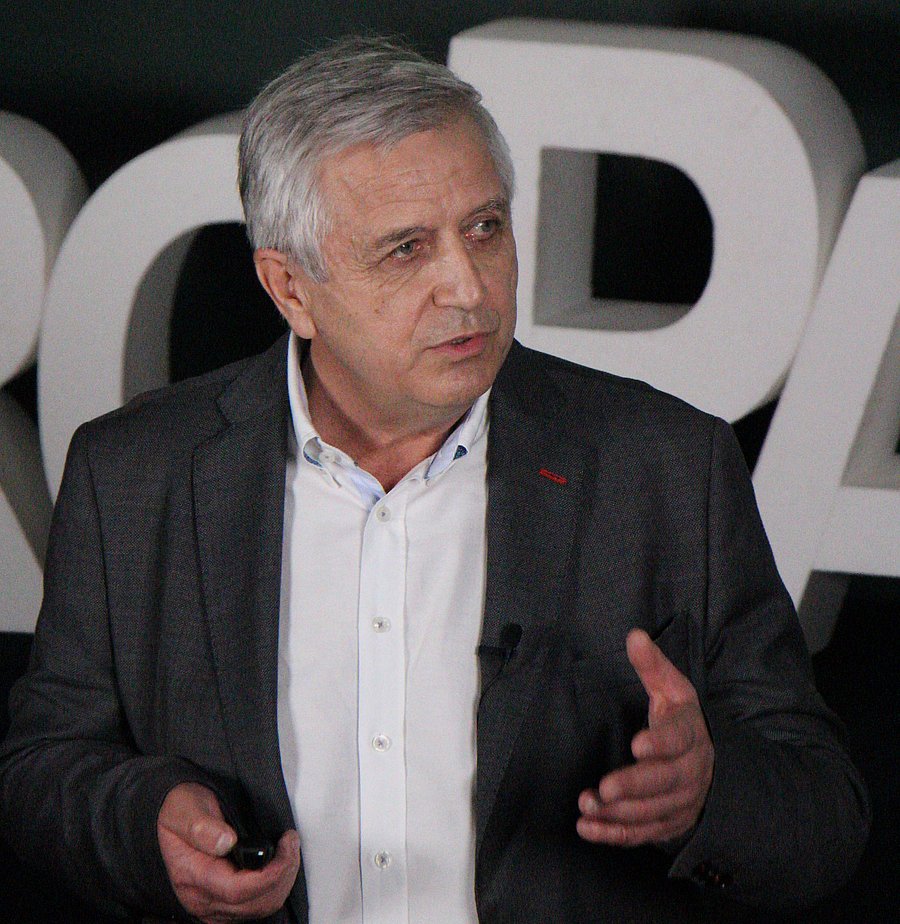
Francis BUCAILLE is a farmer in France on a 600-hectare arable farming unit and 1,000 dairy goats. He is the founder and manager of the company Agribooster specialized in consulting and training in agronomy, fertilization, and crop protection.
Co-founder of the company Gaïago and designer of its range of products, he led the development of soil and plant biostimulants, microbial inoculants and biocontrol solutions in collaboration with UniLaSalle’s Biomes research chair “Biomes” (Biomechanisms for soil life and plant Nutriprotection). Born from these studies, some of the peer-reviewed papers describe their effect on carbon sequestration : “Prebiotics: A Solution for Improving Plant Growth, Soil Health, and Carbon Sequestration?1».
Francis Bucaille is the author of a book on agricultural practices reconciling high yields, soil resilience and carbon sequestration (English version : “The intelligent soil”) and « Agriculture et biomimétisme » Ed. Dunod 2025 – A French written book on hands-on agronomy describing approaches accelerating organic and inorganic carbon sequestration
1 https://link.springer.com/article/10.1007/s42729-023-01517-8
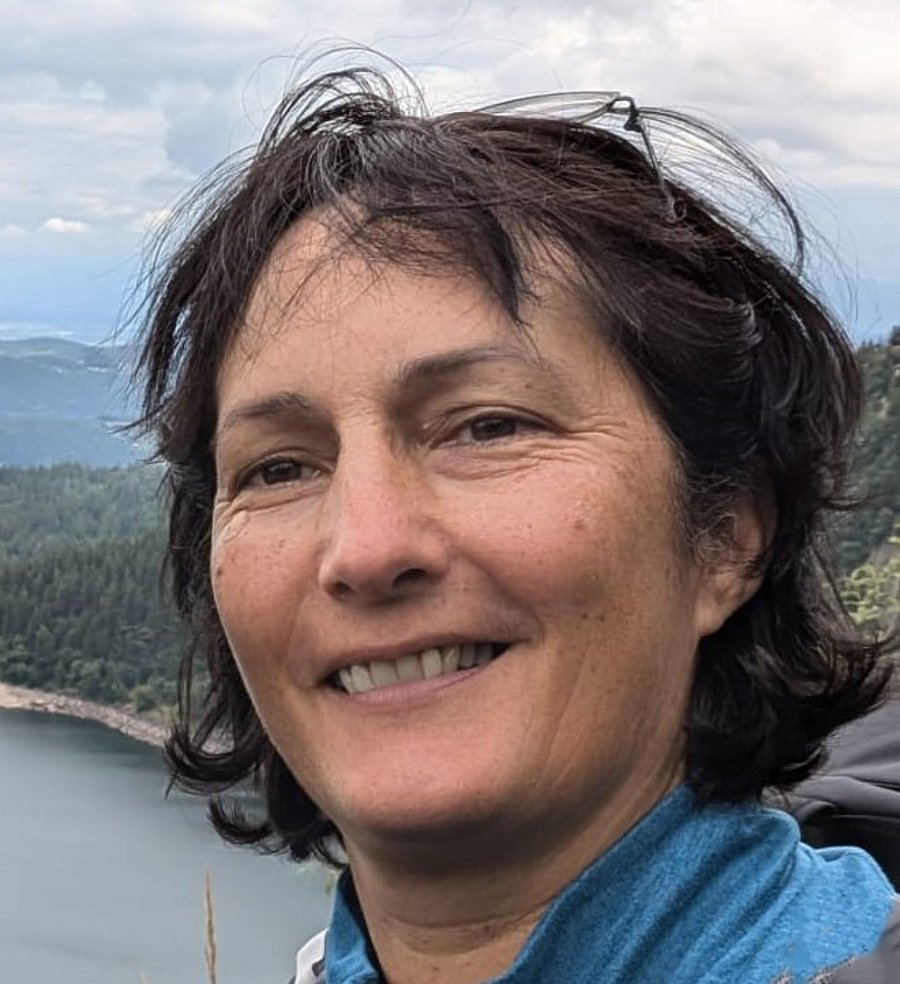
I am an agricultural engineer specialized in environmental sciences (Institut Agro, école nationale supérieure de Rennes, 1995), currently working at the French Livestock Institute (IDELE, Angers Fr) in the Soils, Forage science and Biodiversity team. My work focuses on the interface between research and agricultural development, involving experimental trials, carbon modelling, digital tools for advisors, farmers living lab, and coordination of multi-actor projects. Over the years, I’ve worked on water resource preservation, nutrient cycling in mixed and organic systems, LCA of livestock farming, and more recently, carbon farming at farm and territorial scales. I currently contribute to soil-focused programs such as CarSolEl, OCBO, and Decarbon’Alpes.
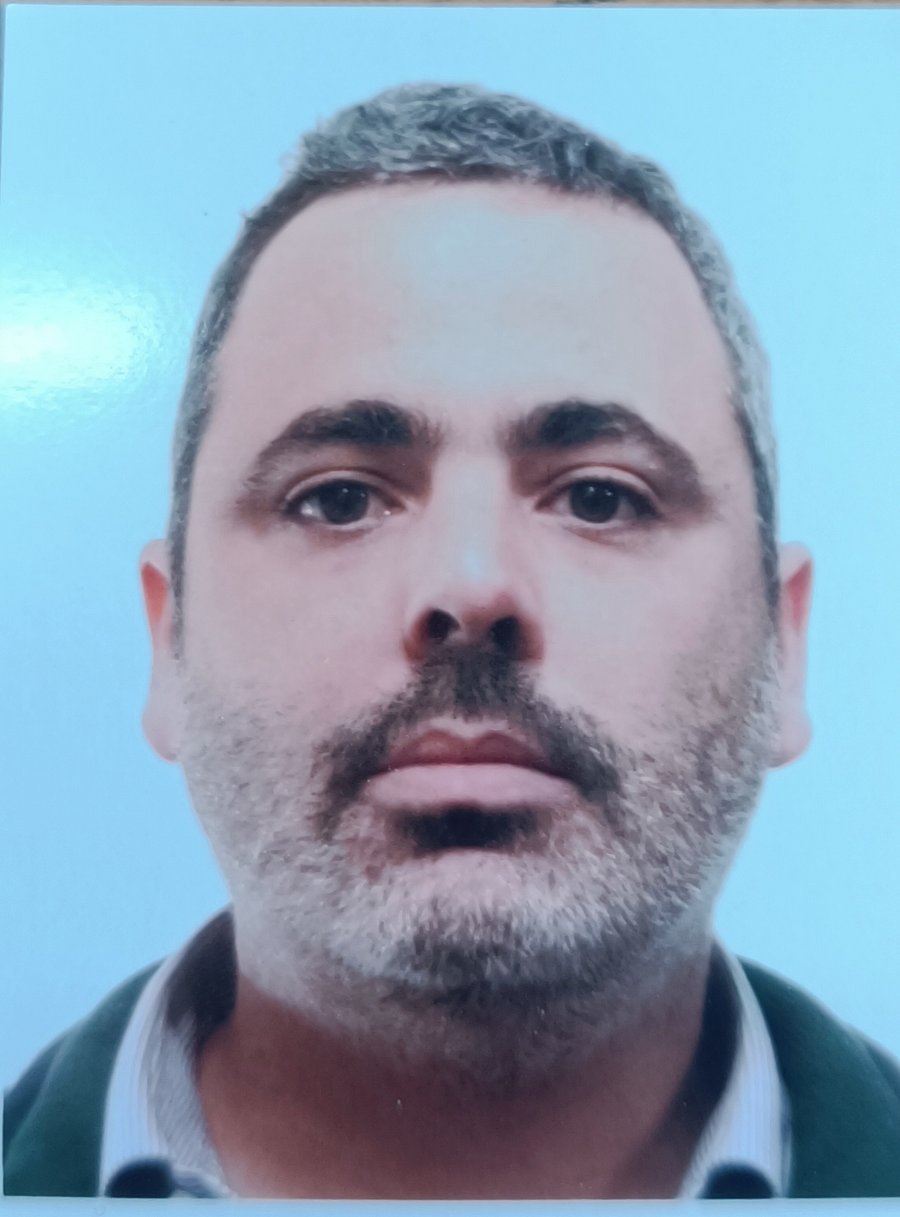
Agustin de Prado graduated in Agricultural Engineering in 2011 from the University of the Oriental Republic of Uruguay. He began his career in the private sector related to forestry, serving as a plantation manager for contractors for UPM and as an auditor for FSC certification for smaller producers.
In 2015, he joined the World Bank's Climate Change Adaptation Project as a consultant in soil and water conservation, working extensively on the implementation of the Soil Use and Management Plans policy in dryland areas, dairy farming, and irrigation projects. He later joined the permanent staff in the Directorate of Natural Resources at the Ministry of Livestock, Agriculture, and Fisheries (MGAP).
Since then, he has participated in activities such as the development of the national climate change policy, contributions to nationally determined contributions (NDCs), and the convention to combat desertification, among others. He has also participated in numerous international conferences, including the Global Symposium on Soil Organic Carbon in 2017 at the FAO headquarters in Rome and the 22nd Latin American Congress of Soil Sciences in 2019.
Since 2023, he has been a leading soil professor in the agronomy program at the Catholic University of Uruguay.
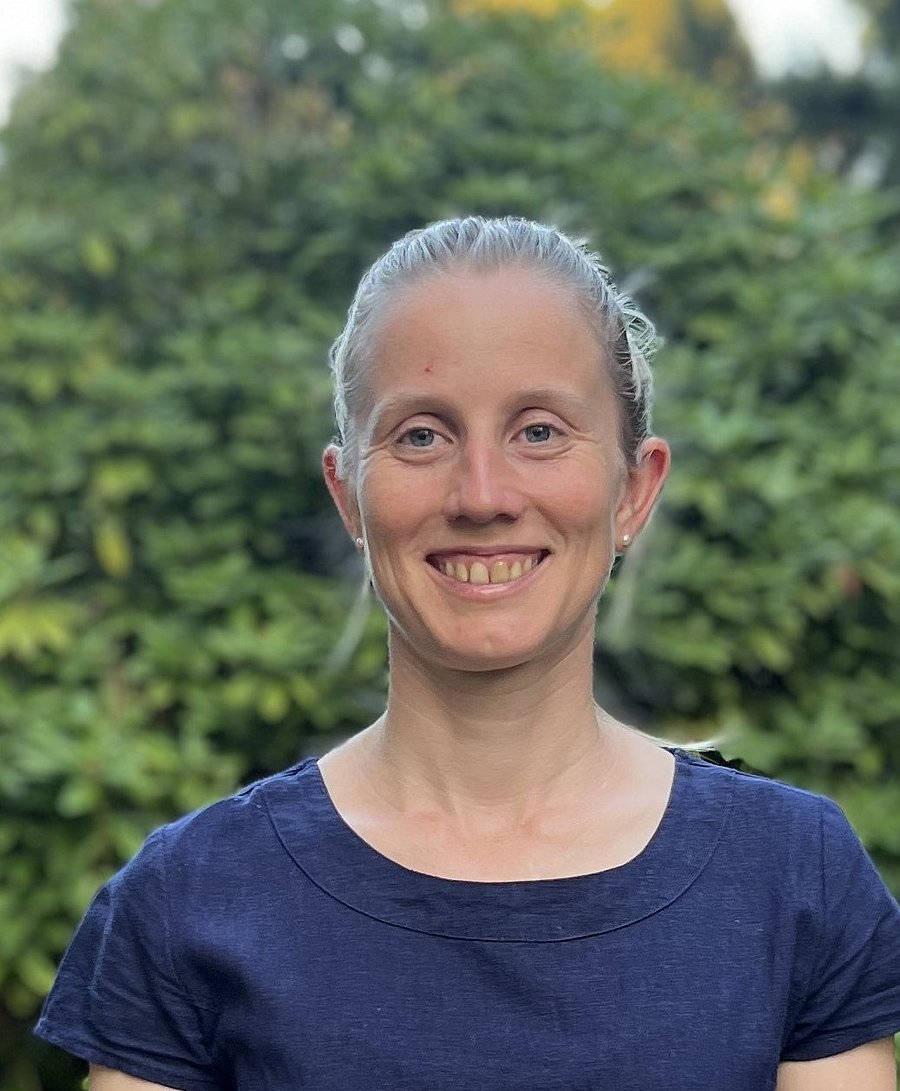
Flora Desmet holds a PhD in Environmental Sciences from ETH Zürich. She is a researcher in the climate and agriculture group at the Swiss confederation's agricultural research center (Agroscope). She is involved in the MARVIC project, a Horizon Europe-funded project aiming to develop a context-specific Monitoring, Reporting and Verification (MRV) framework for carbon removals in European agriculture. Her research focuses on the climate benefits of carbon farming practices, accounting for possible non-permanence of carbon sequestration and trade-offs between greenhouse gas.
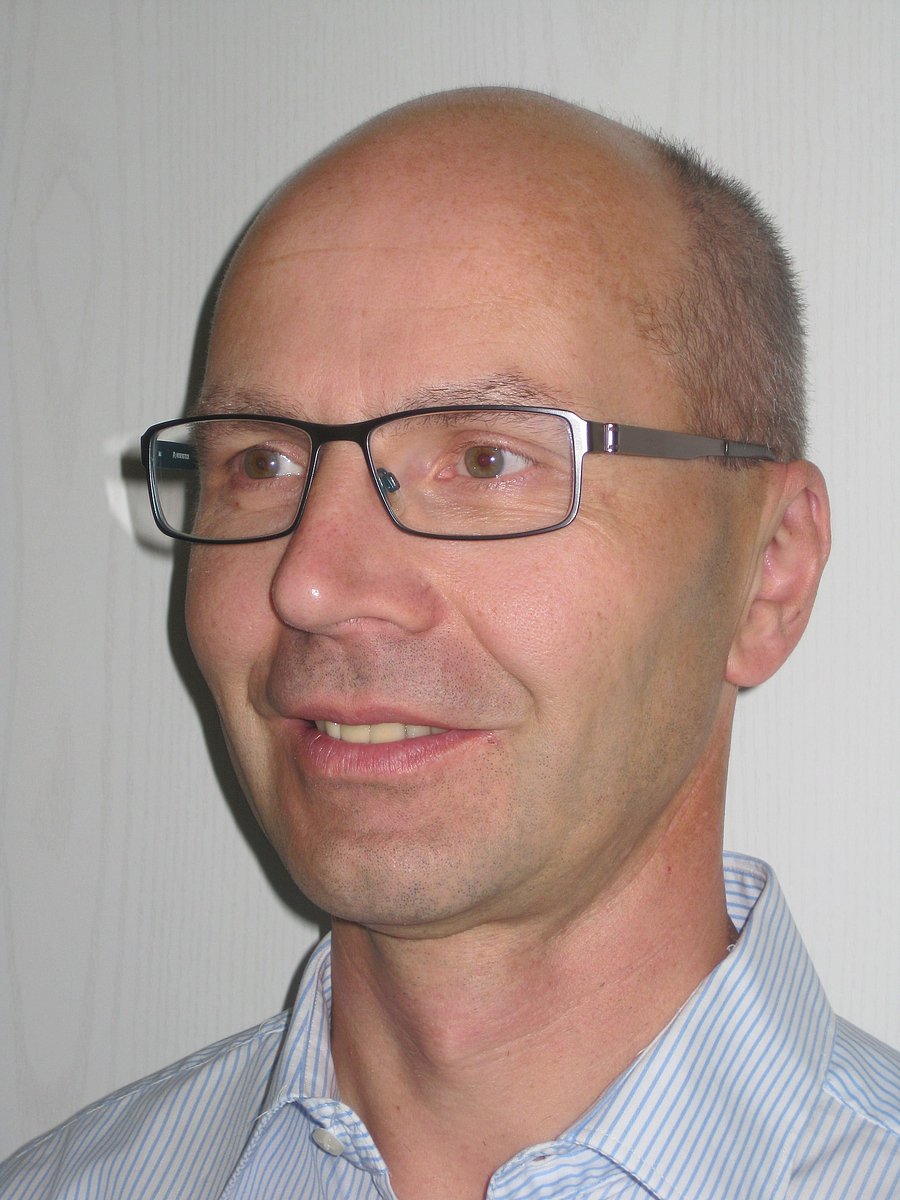
Head of division crop production, Model Project Plant, Economy, Federal Office for Agriculture and Food (BLE). Hans Fink has worked for many years as Head of Division at the Project Management Agency of the Federal Office for Agriculture and Food (PT-BLE). He studied general agricultural sciences at the University of Hohenheim and completed his traineeship for the higher agricultural service in Rhineland-Palatinate, specializing in teaching at agricultural vocational and technical schools and farm consultancy. At the project management agency, he was responsible for the development of funding programs such as the Federal Ecological Farming Program and the Animal Welfare Model Project and is currently in charge of funding measures for arable farming strategy (R&D, model projects, farm networks). The latter are currently a focus of the department's work, while the other tasks have been absorbed into new work units. In addition to environmental and climate-relevant topics currently being funded (projects on N-efficiency, climate adaptation), relevant topics are identified in advance for further funding calls, which address foreseeable developments and issues in both research and pilot projects, and practical solutions are sought through the projects generated in this area.
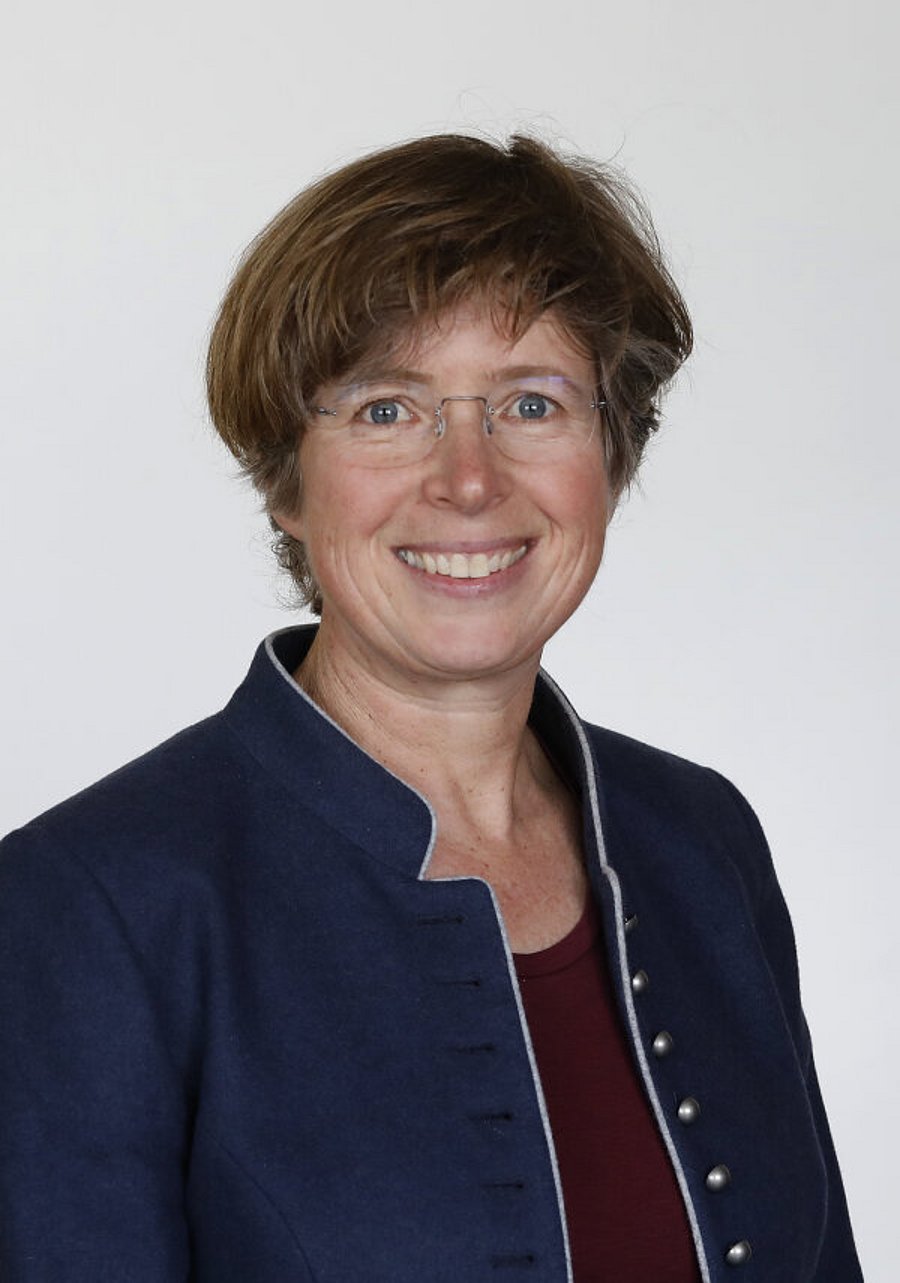
Dr. Annette Freibauer is Vize President for Knowledge at the Bavarian State Research Center for Agriculture (LfL). The LfL is the knowledge and service center for agriculture in Bavaria, combining applied research, policy advice, knowledge transfer, vocational education and tasks of a regional authority. Before, Annette Freibauer was director of the Institute for Agroecology and Organic Farming at LfL until 2023 with own research on greenhouse gas mitigation and carbon farming. Until 2016, she coordinated the German greenhouse gas inventory for agriculture, land-use, land-use change and forestry at the Thuenen Institute of Climate-Smart Agriculture and worked as scientist at the Max-Planck-Institute for Biogeochemistry in European projects on carbon and land-use. She has been involved in research, research coordination and policy advice on agricultural greenhouse gas mitigation and carbon farming at international, national and regional levels for more than 25 years and was three time coordinating lead author for the International Panel on Climate Change (IPCC).
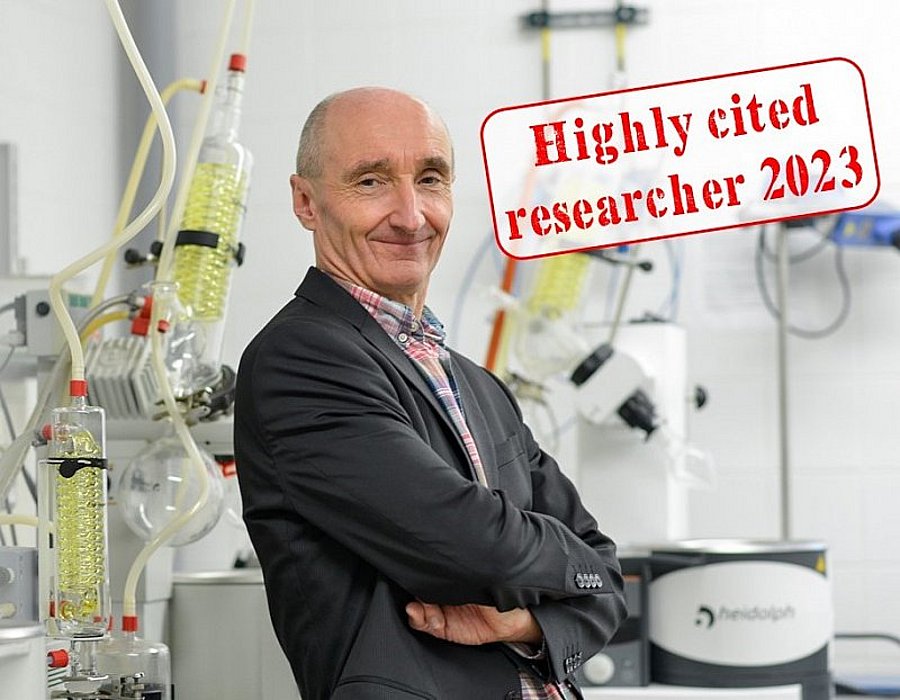
Prof. Dr. Bruno Glaser is Professor of Soil Biogeochemistry at the Martin Luther University Halle-Wittenberg. After studying food chemistry, he completed his doctorate and habilitation at the University of Bayreuth in the field of soil science and isotope analysis. His research focuses on biochar Terra Preta, the stabilization of carbon and nitrogen in soils and the application of stable isotopes. Prof. Glaser is regarded as one of Germany's leading soil biogeochemists and an internationally recognized expert in sustainable soil management. With over 200 scientific publications, he has earned an outstanding reputation, particularly through his work on Biochar and Terra Preta, which combines analytical excellence with practical solutions for climate and environmental protection.
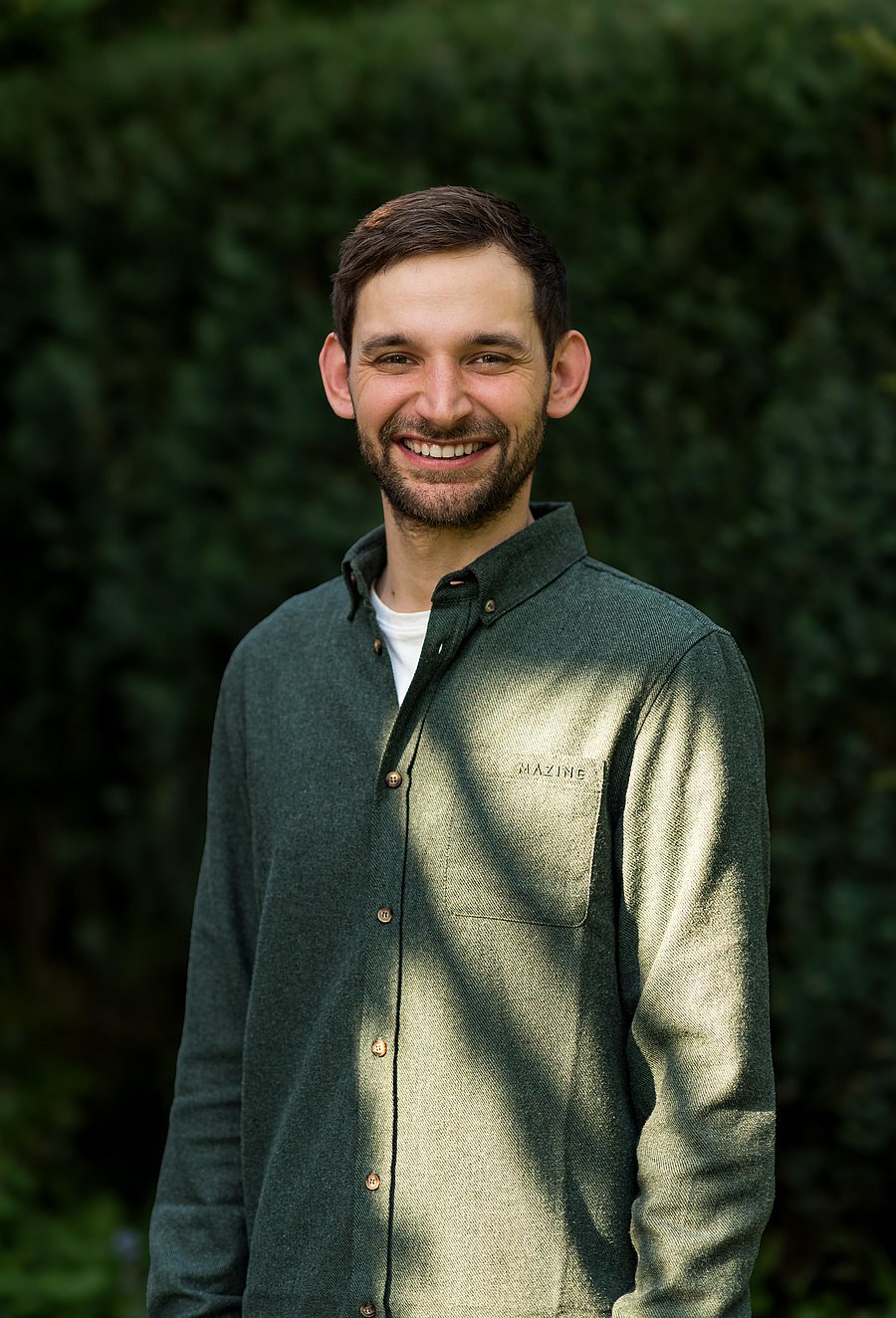
Head of the Große-Kleimann Family Farm, Fourth Generation. Jan Große-Kleimann is a trained farmer and studied agriculture in Bonn and Göttingen. During his studies, he became increasingly interested in regenerative soil management, attended a soil course, and has since been deeply committed to building healthy soils. Since taking over the family farm together with his wife Inga and three children in 2022, he has been practicing no-till farming and has established an agroforestry system with apple trees on 10 hectares. In all his projects and initiatives, Jan is dedicated to communicating and raising awareness about agriculture.
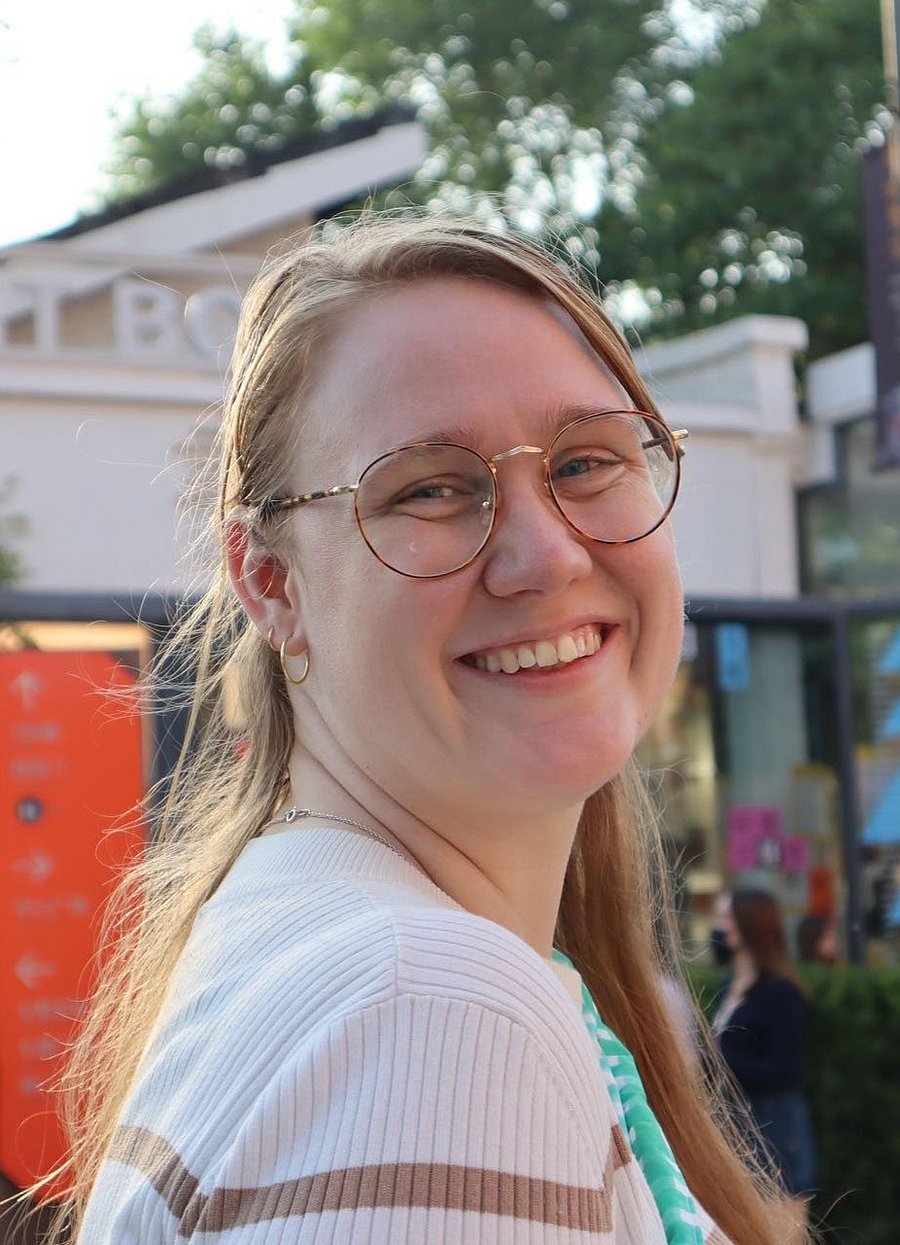
Dr. Laura Sofie Harbo is a postdoctoral researcher at the Thünen Institute of Climate-Smart Agriculture in Germany, and works with the German Agricultural Soil Inventory. She is responsible for the analyses soil- and management-related data from the soil inventory, focusing on statistical and machine learning approaches using data from both the initial sampling campaign as well as the current resampling of the inventory. Laura's research focuses on connecting the effect of agricultural management practices, land use change and climate change to soil carbon dynamics and soil health indicators at regional, national and continental scales. Laura completed her PhD at the Department of Agroecology at Aarhus University in Denmark, working with the fourth sampling campaign of the Danish Soil Monitoring Network, focusing on soil carbon dynamics, carbon sequestration potential and greenhouse gas emissions. Through her previous and current work, she has worked with data from soil monitoring networks across Europe, and has broad experience with data from a large range of climates and agricultural management practices.
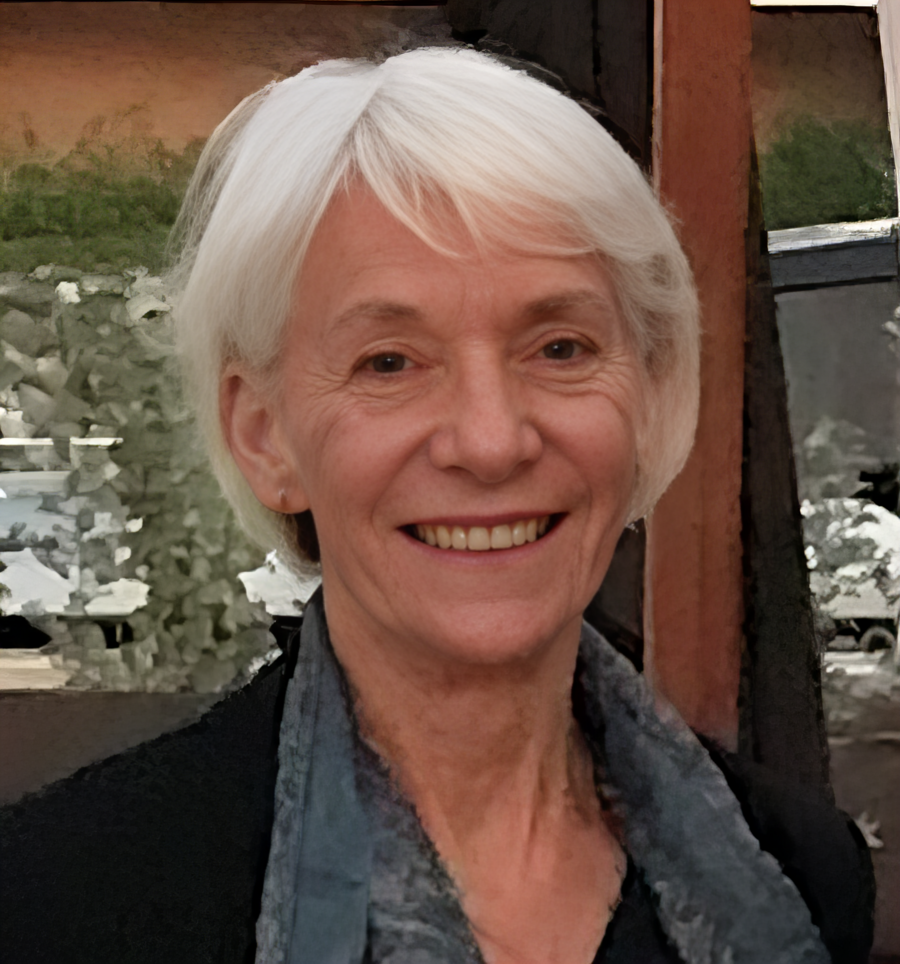
Beverley Henry has over 30 years’ experience in research and policy-related science focussing on climate change and sustainable management of land and soil for agricultural production and ecosystem health. She is a Consultant and an Adjunct Associate Professor at Queensland University of Technology. She holds positions on several Australian and International committees and advisory panels, including membership of the Scientific and Technical Committee of the International “4 per 1000 Initiative” for Food Security and Climate.
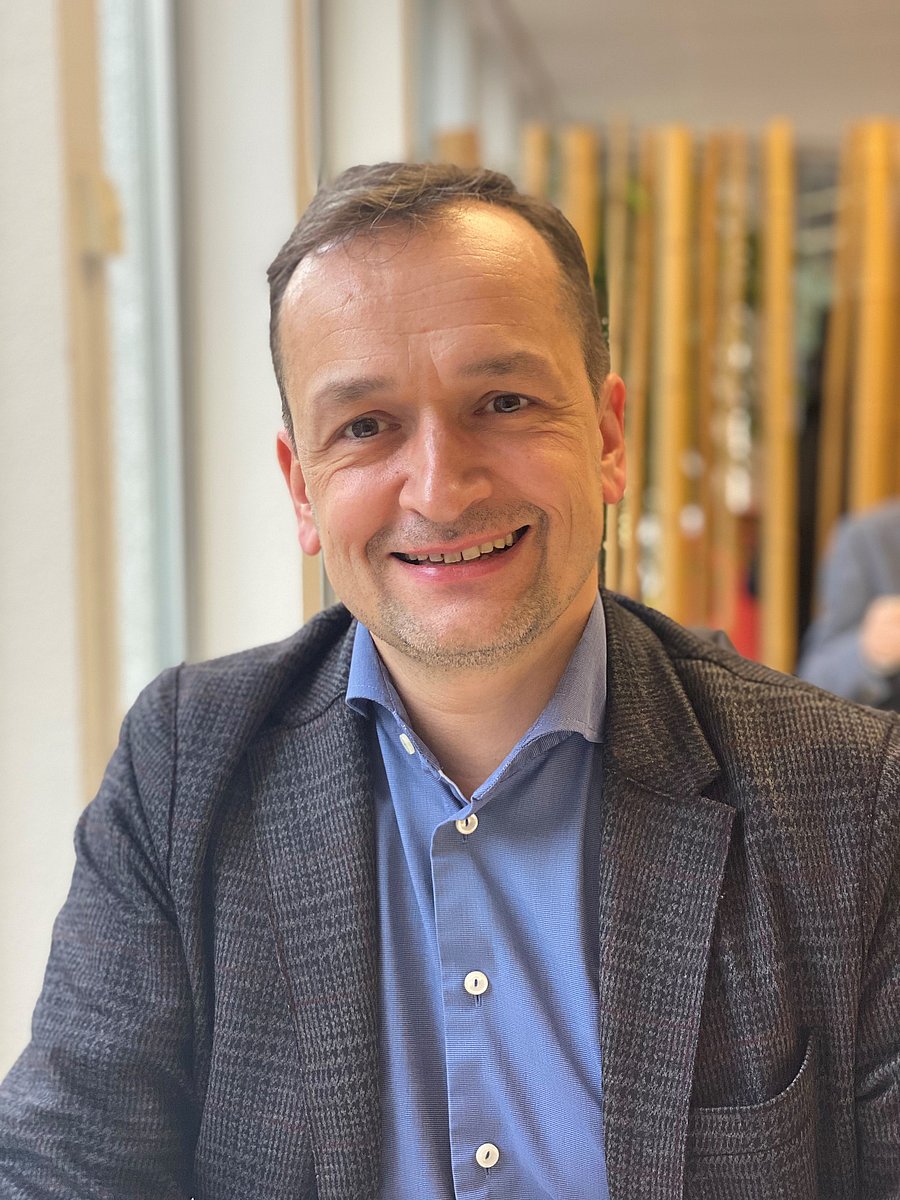
Christian Holzleitner is currently Head of Unit responsible for Land economy and Carbon removals at the European Commission’s Directorate-General for Climate Action. Previously, he worked as Head of Unit for Finance for Innovation and Land Use and assistant to the Director-General for Climate Action covering all issues related to EU and international climate policy; and at the Directorate-General for Competition in the area of State aid for services of general economic interest in the postal, transport, and health sectors.
Before joining the European Commission, Christian worked as senior manager with KPMG Germany on international transfer pricing.
Christian is an economist and holds a PhD from the University of Linz (Austria).
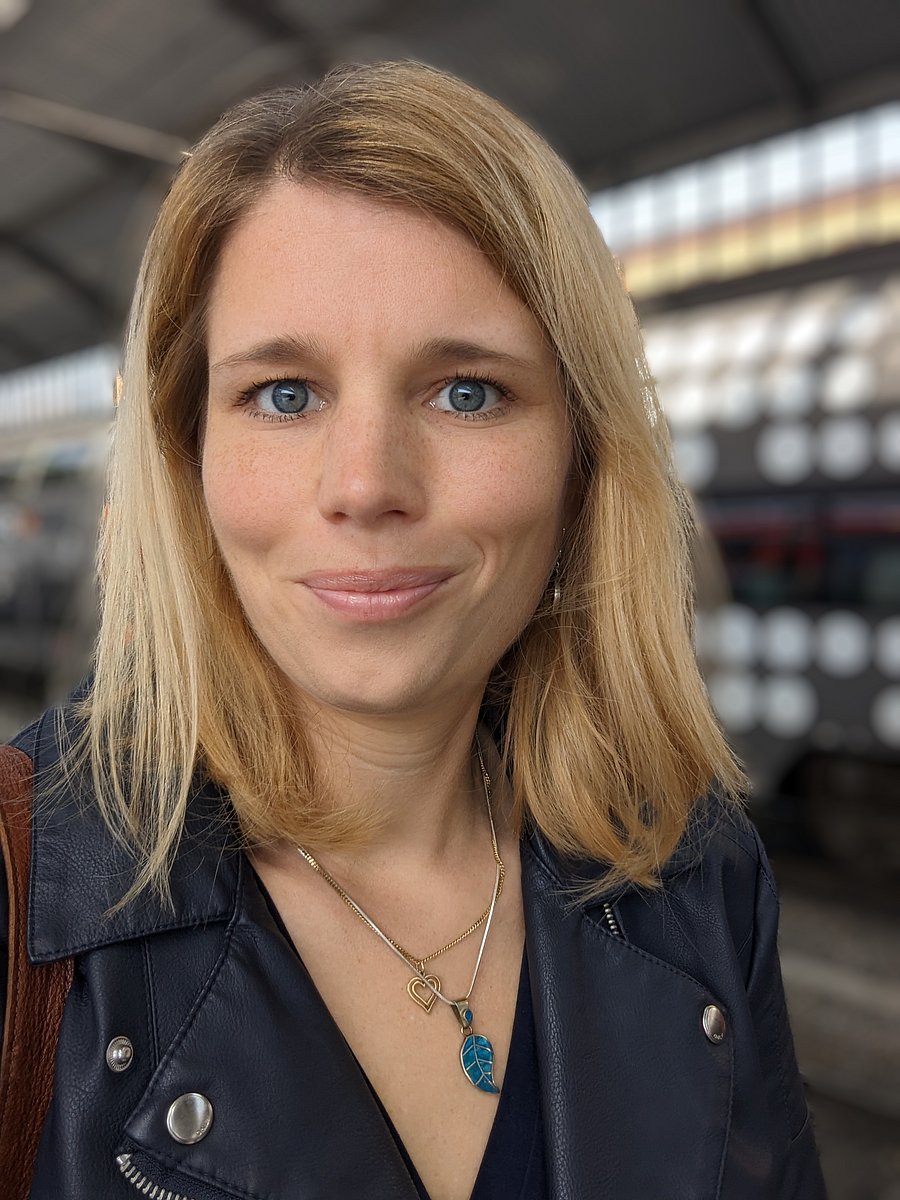
Head of Division 335 Centre of excellence proteins of the future, Humus at the Federal Office for Agriculture and Food (BLE). For almost three years, she has been heading the Division 335 „Centre of excellence proteins of the future, Humus“, which is assigned to the Project Funding Agency (PT-BLE) of the Federal Office for Agriculture and Food. Before taking over as head of Division 335, she held various positions at PT-BLE, including 5.5 years in innovation promotion and 1.5 years in agricultural research with a focus on model and demonstration projects, i.e. with a clear link to agricultural practice. She studied crop science and worked for several years in research at the University of Hohenheim, focusing on plant breeding. She is currently working with her team in the field of alternative proteins, identifying new topics, developing corresponding research calls and supporting the resulting research, networking and knowledge transfer projects from the initial phase to implementation.
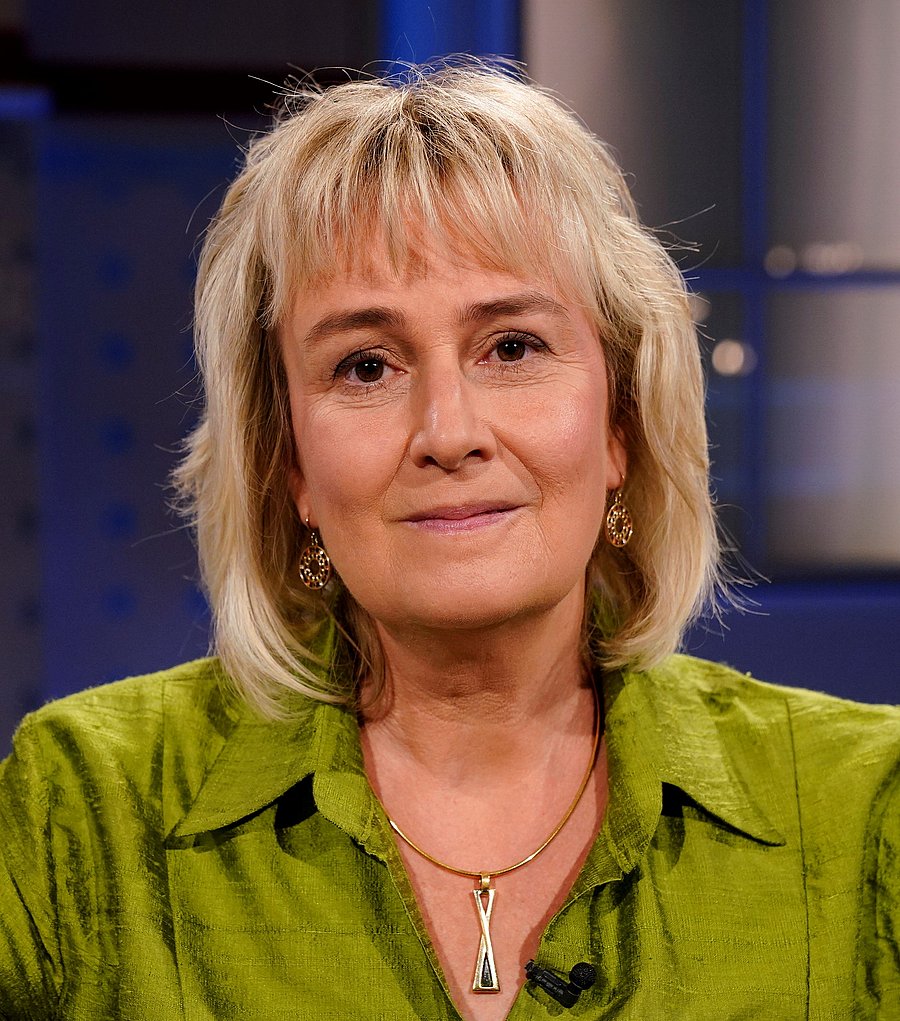
Mrs Claudia Kammann studied Biology at the Universities of Bayreuth and Kiel, completing her PhD at University Giessen. She then undertook postdoctoral research at University Giessen, with research stays in Ireland and New Zealand. She has two children and worked part-time for ten years. In 2014, she became a professor of climate impact research for special crops at Geisenheim University in Germany.
Research interests: biogeochemistry of GHG production/consumption in soils, climate change impacts, innovative adaptation strategies for sustainable & climate change resilient agroecosystems & urban areas: turning CO2 removal techniques into mitigation-adaptation solutions
Research activities: (1) biochar use as a CDR strategy with benefits, global aspects (potential and limits), landscape and agri-ecosystem transformation along carbon farming strategies; (2) Agrivoltaics for sustainable land-use transformation in viticulture and horticulture; (3) effects of elevated CO2 on plants, soils, ecosystems and GHG fluxes
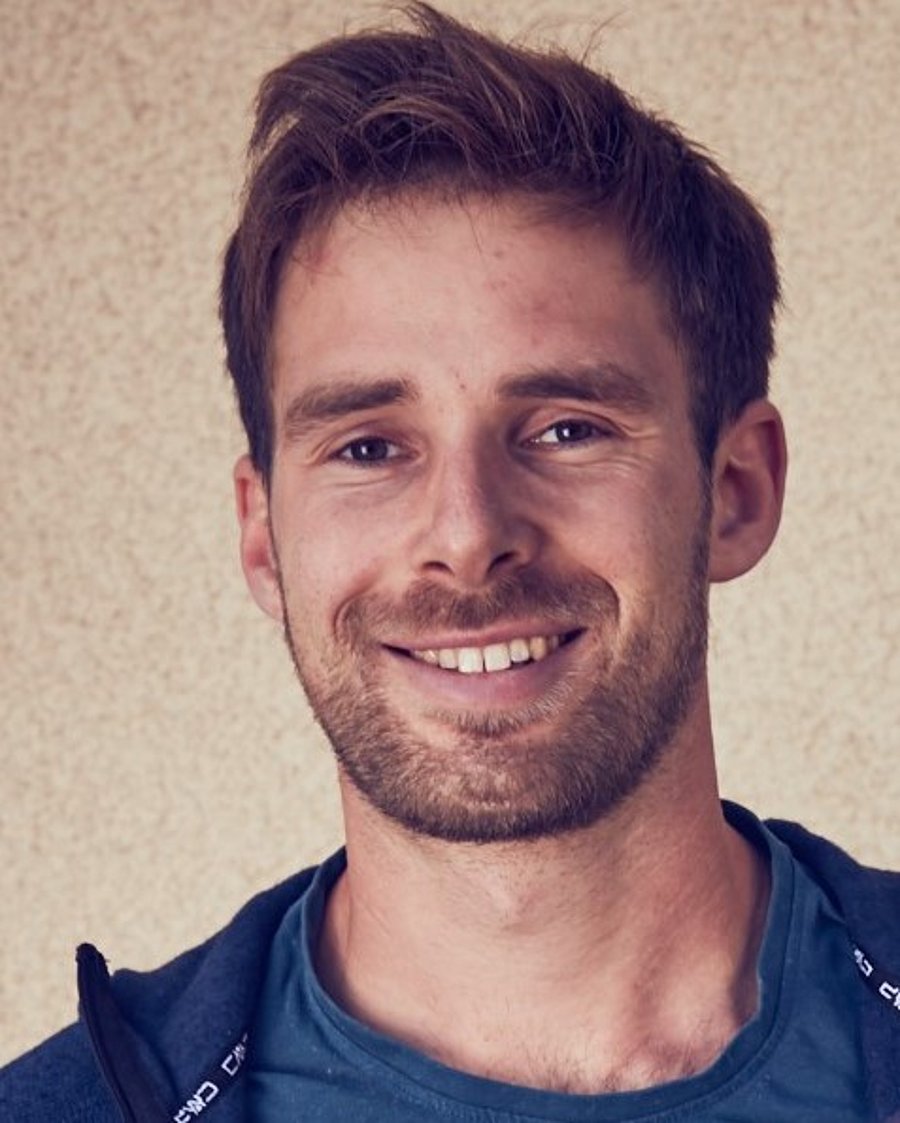
Lucas Kohl is a postdoctoral researcher at Justus Liebig University Giessen, specializing in soil carbon dynamics, biochar, and regenerative agriculture.
He combines long-term field experiments with on-farm research and also manages his own organic farm, serving as a bridge between science and practice.
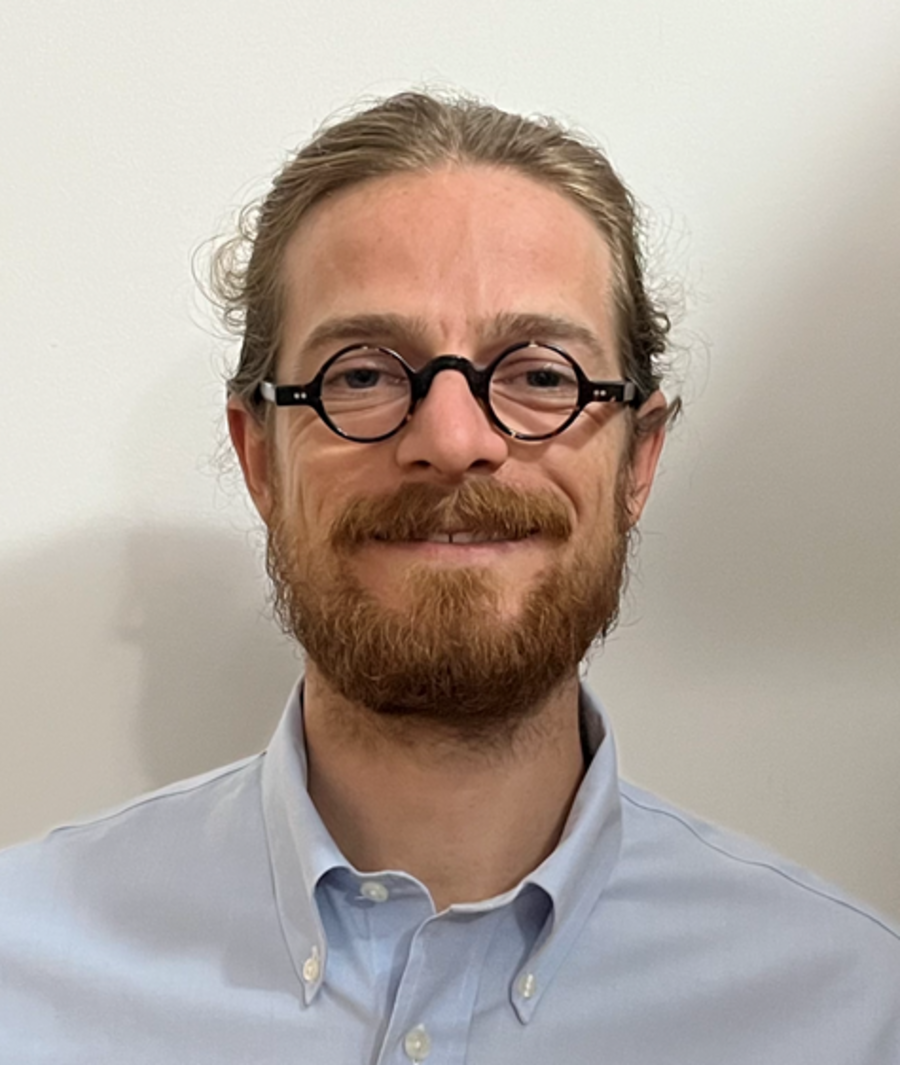
Simon is a trained Political Agroeconomist. Co-Founder and Executive Director of EARA. He has years of experience in public and private sector consulting agrifood sustainability and business strategy farm to fork, SMEs to multinationals, regional administrations to EU Commission. Simon and his partner manage a small farm in Sicily.
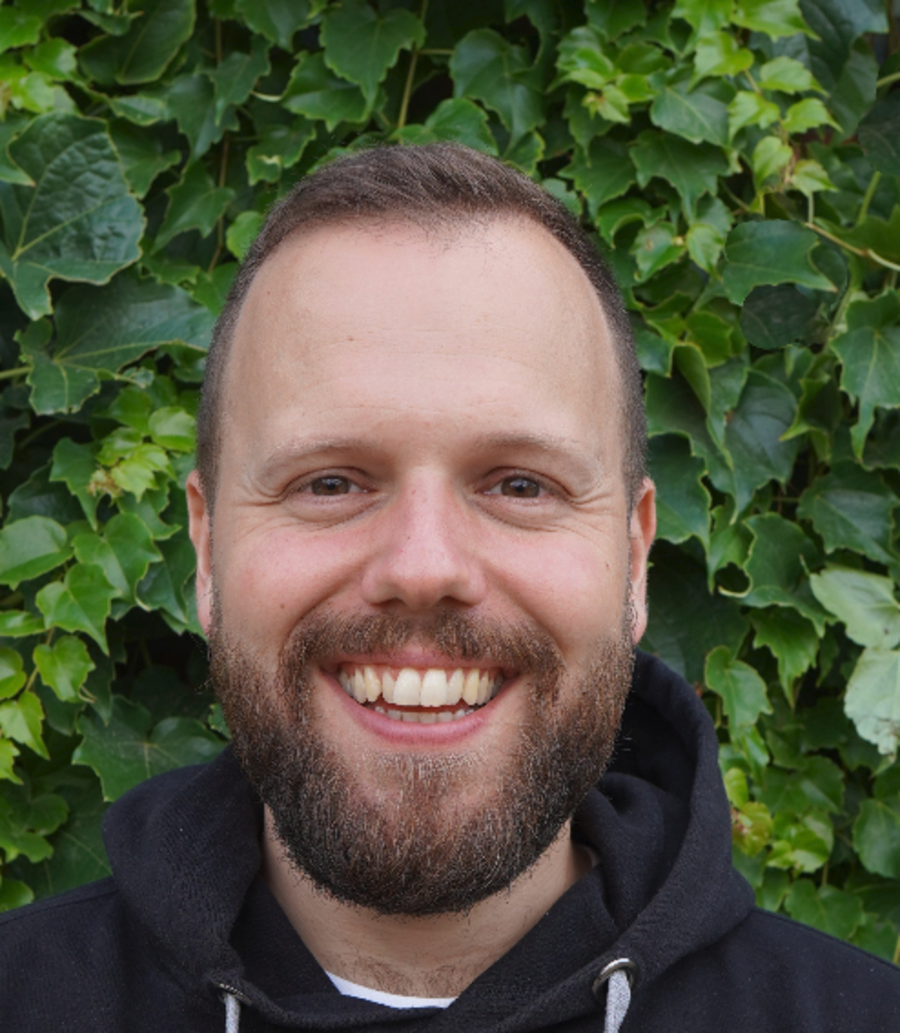
Julian Kremers is the Co-Founder and CTO at Seqana, a company specializing in data-driven soil organic carbon quantification with remote sensing. In 2025, Julian was elected President of the International Soil Carbon Industry Alliance (ISCIA), where he advocates for science-based, scalable approaches to soil carbon sequestration and Monitoring, Reporting and Verification (MRV) standards and tools. With a background in remote sensing and environmental modeling, Julian has contributed to the development of innovative methodologies for soil carbon assessment, including digital soil mapping for the EU CRCF, Verra, and Gold Standard.
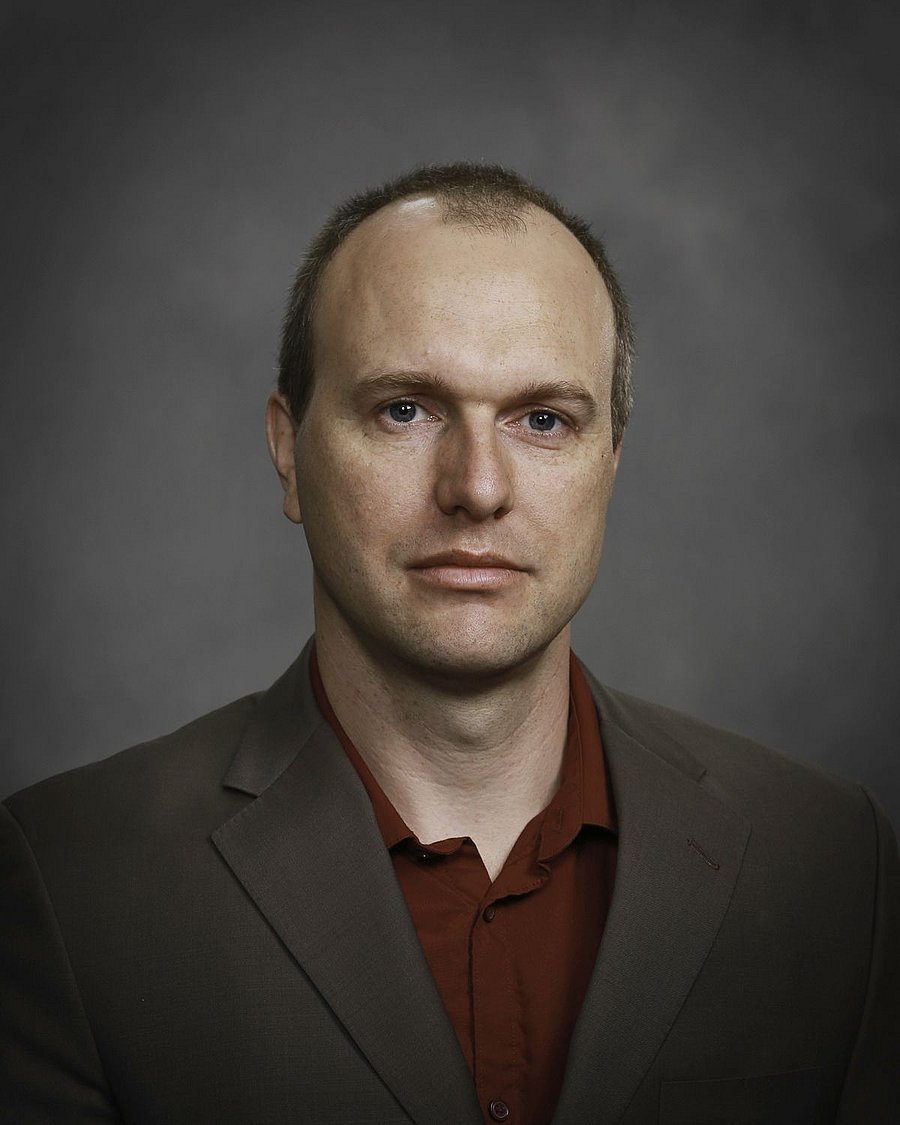
Oki, itaamikstsitsiko (hello, good day in the Blackfoot language). Living in Sikoohkotoki (Lethbridge, AB), I’m a settler member of Treaty 7, the territory the Niitsitapi agreed to share with Europeans when they arrived in what is called Canada today, and I work for Agriculture and Agri-Food Canada as a research scientist who specializes on ecosystem modelling. I have a background in Organic Farming (U of Kassel) and Environmental Systems Analysis (Wageningen U), before I specialized in the simulation and estimation of greenhouse gases (U of Hohenheim, Chinese Agricultural U). Since then I transitioned from process- to empirical modelling (Holos model) with IPCC Tier 2 (2.5) emission factors to enable non-academic users to conduct their own scenario simulations and to be able to tie emission reduction goals with specific farm practice choices, while taking into account regional differences and farmer preferences. As a team, we support a variety of stakeholders that include the food industry and a fledgling carbon credit market to provide them with access to internationally recognized and Canada-specific reporting standards on the basis of the Canadian National Greenhouse Gas Inventory Report. We also hope to increase our collaboration with other partners that can assist in adding new components and capabilities to the model so farmers can gain a better understanding of what environmental impacts or benefits are triggered through management and practice choices.
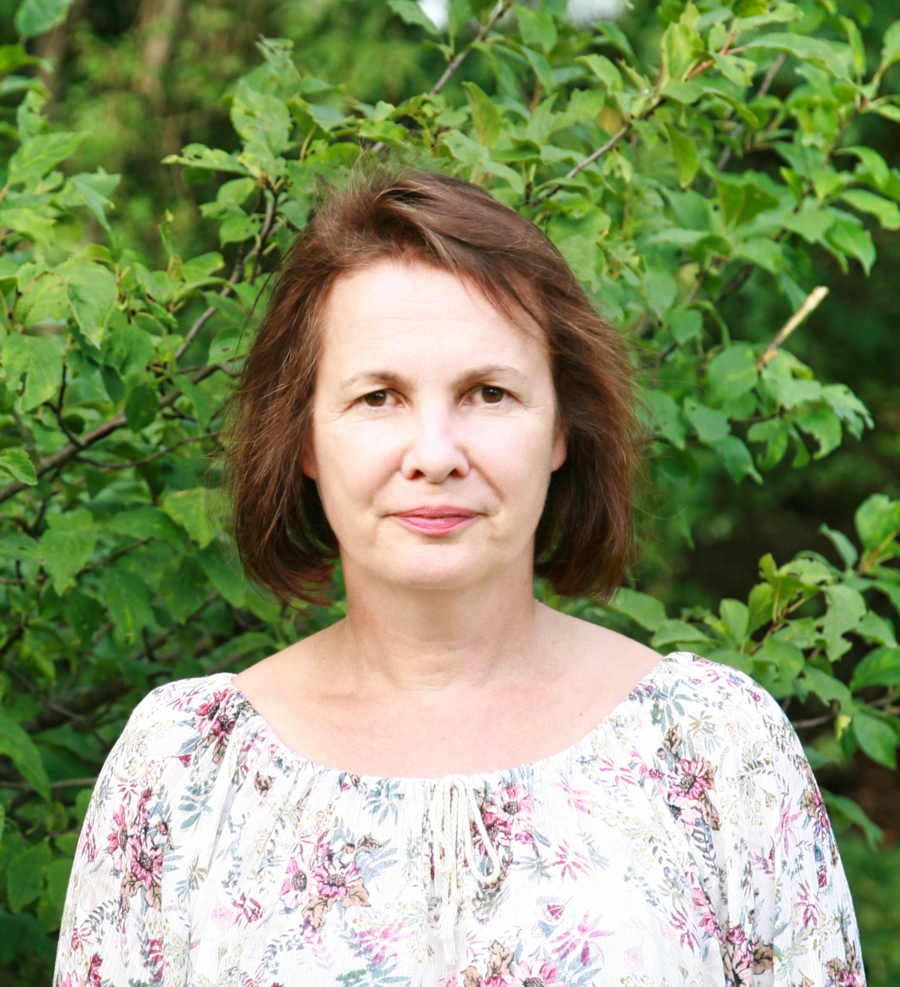
Katrin Kuka is a senior researcher at the Julius Kühn-Institut (JKI), the Federal Research Centre for Cultivated Plants in Germany. At the JKI’s Grassland Coordination Unit (Stabsstelle Grünland), she acts as the primary contact for the Federal Ministry of Agriculture, Food and Regional Identity (BMLEH) on all research-related matters concerning grassland. She holds a PhD in Geography from Martin Luther University Halle-Wittenberg. Her research focuses on the impacts of land use and climate change on soil properties, carbon and nitrogen dynamics, and root growth in grassland ecosystems. By combining experimental field studies with process-based modelling, she investigates how management practices affect soil structure, ecosystem resilience, and long-term carbon sequestration.
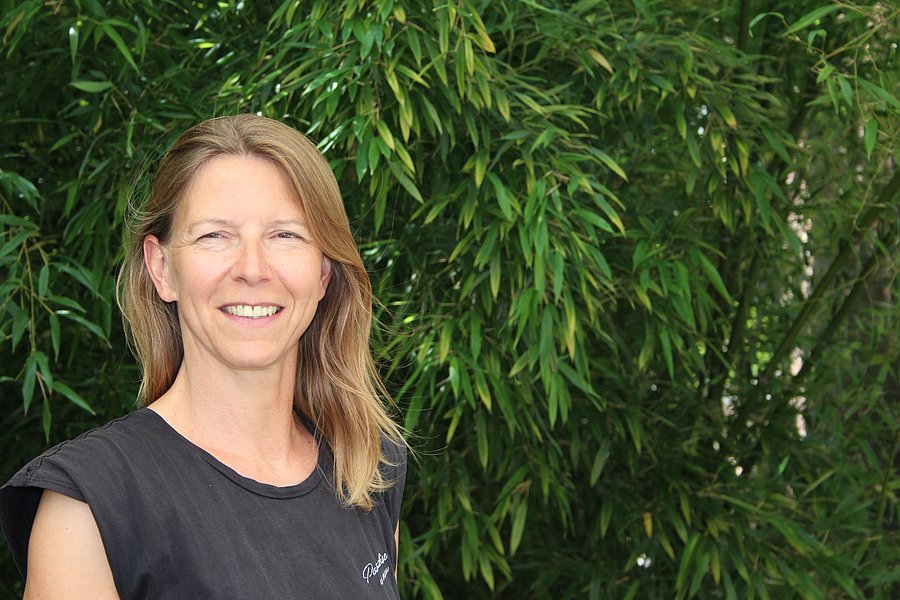
Maren Langhof studied biology at the University of Hannover, where she completed her doctorate in agroecology and entomology. She is employed at the Institute of Crop and Soil Science at the Julius Kühn Institute in Braunschweig, where she works on various research projects in the field of sustainable cultivation systems, such as agroforestry systems and paludiculture.
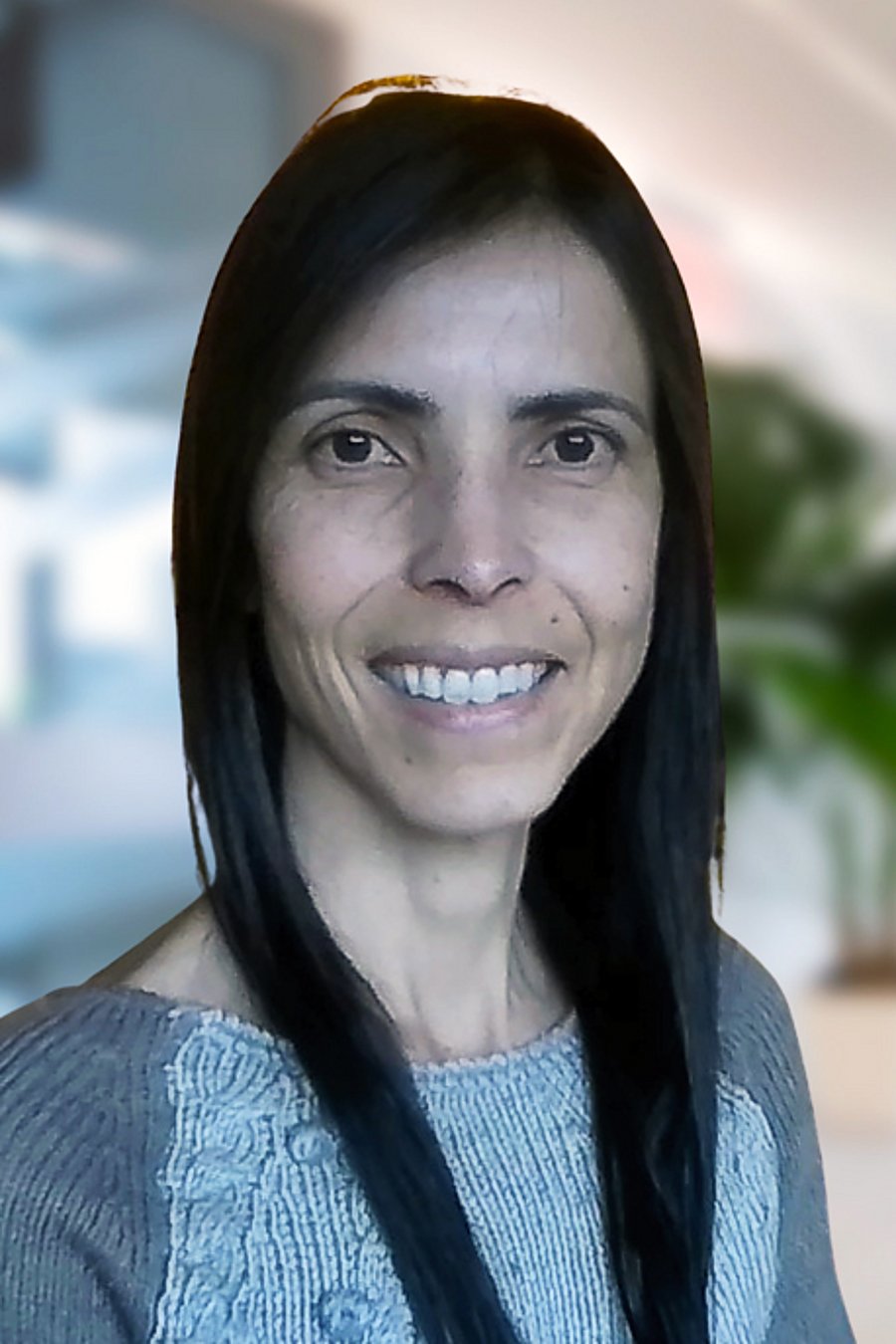
Dr Carolina Lisboa holds a BSc in Agronomy (2002) and a Master's in Agricultural Sciences (2004) from the Federal University of Lavras (Brazil), and a PhD in Agronomy (2008) from Luiz de Queiroz College of Agriculture, University of São Paulo. She is a Manager at Verra, where she leads the development of soil carbon and land-based climate solutions under the Verified Carbon Standard. With over two decades of international experience spanning research institutions, UN agencies, and NGOs in Europe, the USA, Latin America, and beyond, her work bridges science, policy, and practice to advance nature-based solutions and climate resilience.
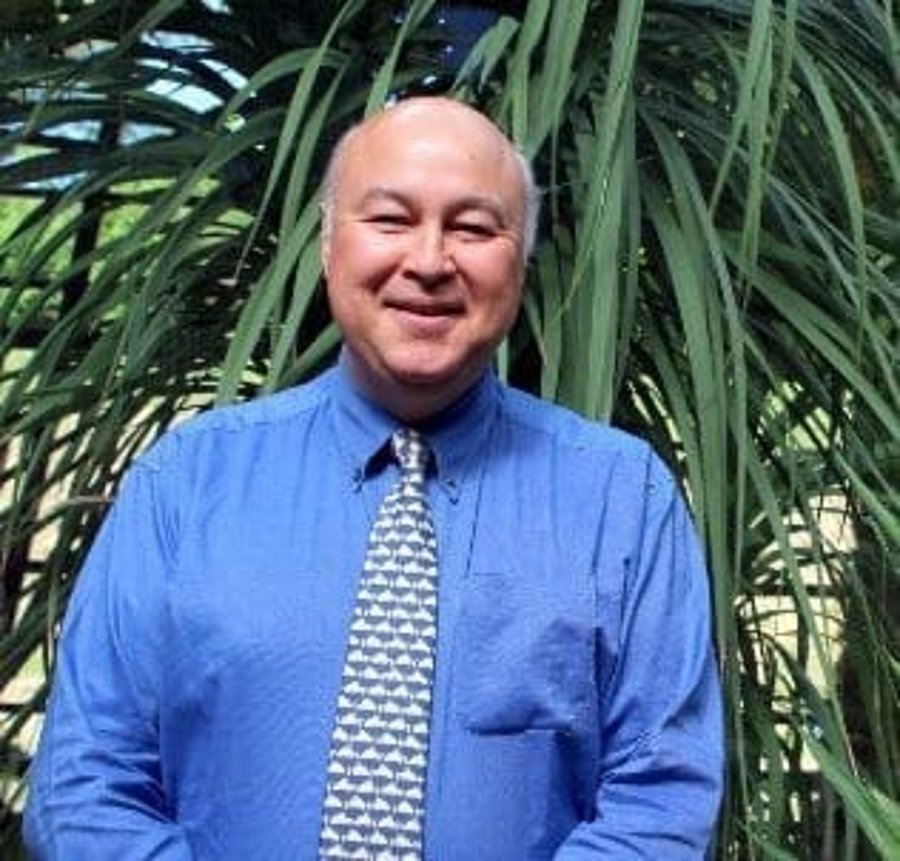
Dr. Paul Luu is an agronomist specialised in tropical agronomy, with degrees from AgroParisTech, the Institute of Tropical Zones and the University of Montpellier (PhD). He started out in the field (6 years) in agricultural research projects (Saint Lucia, Sri Lanka and Tonga) before joining the international relations department of the French Ministry of Agriculture. He was in charge (7 years) of relations with the FAO, the WB and the CGIAR, of bilateral relations with Africa and the Mediterranean, and of the management of French food aid (200,000 t of cereals per year). He then spent 9 years developing agriculture in the French overseas territories as Technical Advisor for “Agriculture, Fisheries and Forestry” and as Director of ODEADOM. In 2011, Paul LUU was appointed Director of Agropolis International (Montpellier – France) before joining the CGIAR Consortium in September 2013 as Liaison Officer with the French authorities, then as Protocol Officer. Since September 2016, Paul LUU has been seconded by the French Ministry of Agriculture and Food as Executive Secretary of the international Initiative “4 per 1000: Soils for Food Security and Climate”, launched at the COP 21 in Paris.
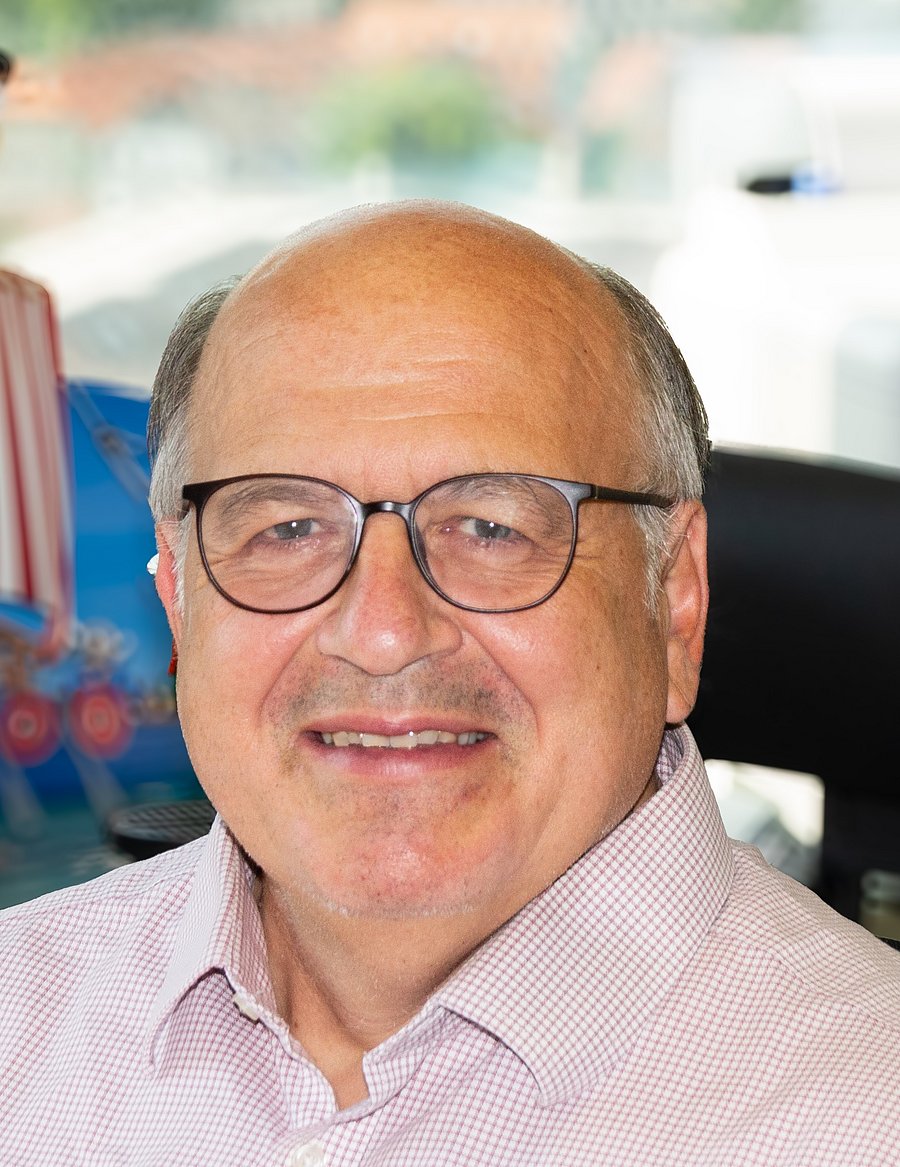
José Martinez is Professor of Agricultural Law and Public Law at the University of Göttingen (Germany), where he also directs the Institute of Agricultural Law and the Institute of Public Law. His main research fields include agricultural law, environmental law, animal welfare law, European law, and comparative public law.
Besides his academic positions, he serves as First Vice-President of the European Council of Rural Law and is a member of various advisory bodies, including the Scientific Advisory Board on Agricultural Policy at the Federal Ministry of Food and Agriculture, Germany. Prof. Martinez is a frequent visiting professor in Colombia and China, and serves on editorial boards of several international legal journals.
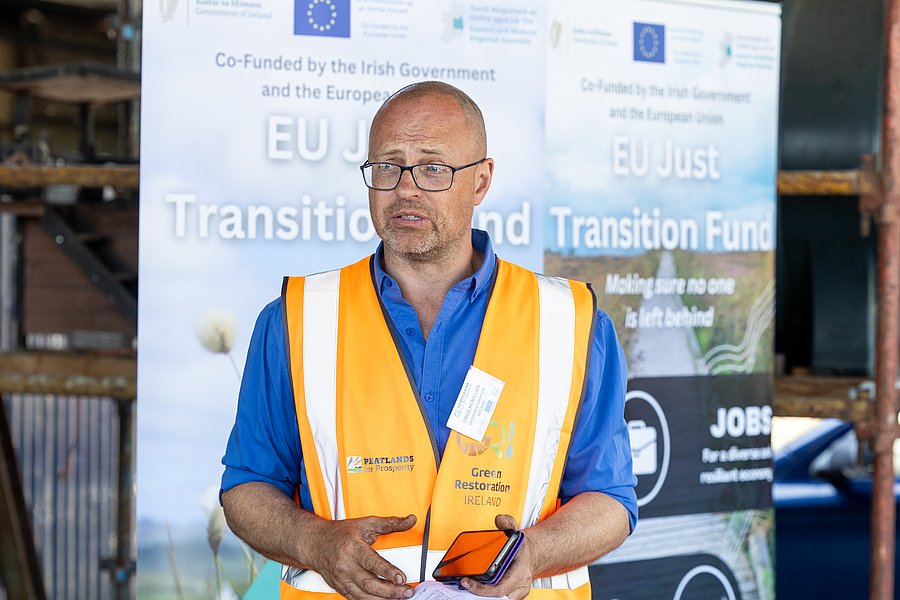
Doug McMillan has a PhD in Environmental Sciences. He has over 25 years of combined experience in academic research, consultancy, environmental monitoring and training in the fields of ecology, environmental science, EHS, laboratory, carbon, energy, sustainability and quality management systems and auditing.
He is a co-founder of the Green Restoration Ireland Cooperative (GRI), which was established in 2019. GRI is currently managing the Peatlands for Prosperity project funded by the Government of Ireland and EU Just Transition Fund. This project is showcasing suitable new paludiculture crop and carbon income options to peatland farmers for their agricultural peatlands and 'cutover' lands. This follows on from the work of the Farm Carbon E.I.P., which aimed to reduce carbon emissions from peat grasslands.
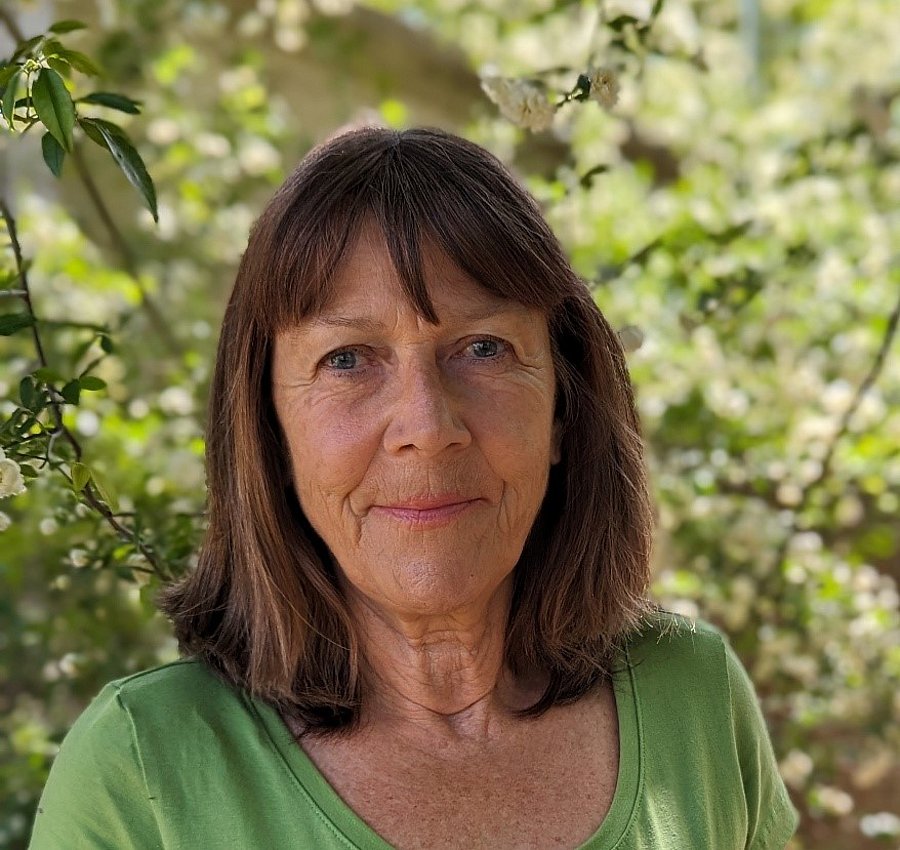
Dr. Elke Noellemeyer is a Professor of Soil Science and Soil Management Universidad Nacional de La Pampa. She is interests in research and extension related to sustainable management, soil quality and health. She has participated in the development of recommendations for environmental policies related to the conservation of soils and the ecosystem services derived from them. Her objective is to prioritize the importance of soils for carbon sequestration and climate change mitigation, and she leads a group of young scientists to work on certification of carbon sequestration and sustainable soil management in agricultural soils. She is Editor-in-Chief of Soil & Tillage Research since 2016, currently the Chair of IUSS Commission 2.5, and recently they organized the VII Congress of the Argentinean Salinity Network and FAO INSAS network. She has authored more than 60 articles, several books and book chapters. More details about her scientific career are on her profile on researchgate.
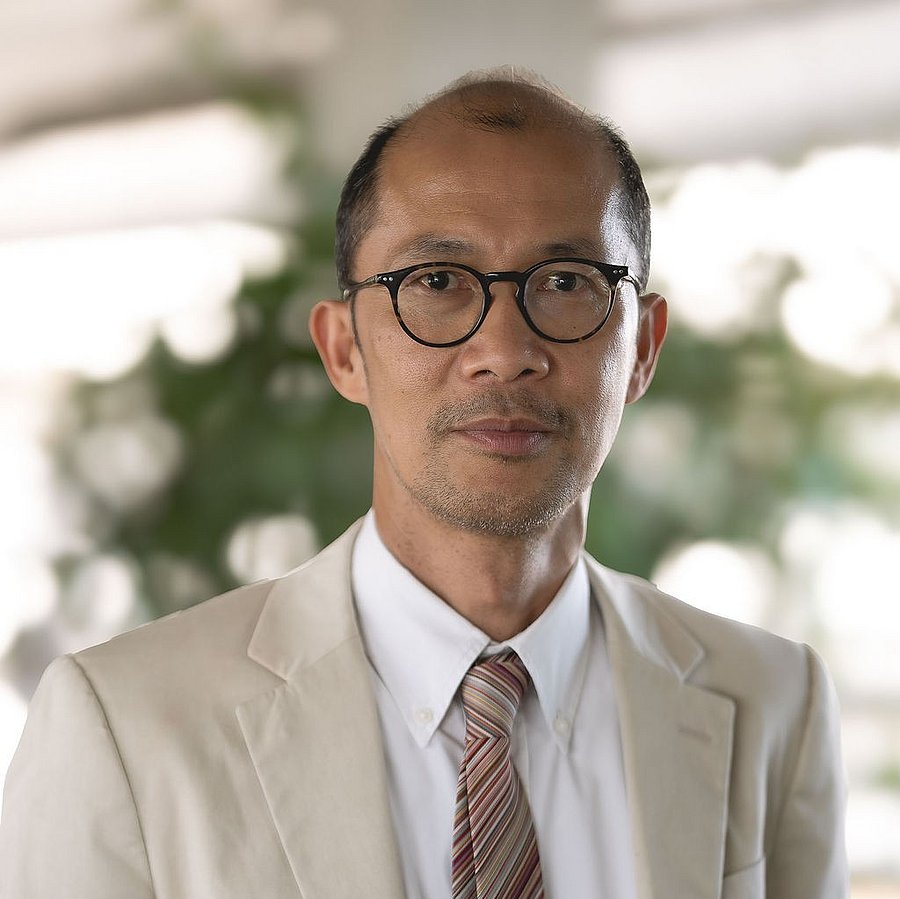
Oliver Oliveros is the Executive Coordinator of the Agroecology Coalition.
Prior to this, he was the interim Executive Director of the Global Alliance for the Future of Food, a group of foundations leveraging their resources in shifting food systems towards greater sustainability and equity. He also worked as the Stakeholder Engagement Lead at the 2021 UN Food Systems Summit, coordinating the engagement of 100+ food systems champions globally in elevating the food systems agenda. He was formerly Deputy Director at Agropolis Fondation he was in-charge of international and scientific cooperation.
He brokered dialogue and research collaboration between the scientific community and the civil society as Global Coordinator of the DURAS Project, building on his role in cultivating local innovation in resources management and ecologically-oriented agriculture at the Global Forum on Agricultural Research’s (GFAR) hosted by FAO in Rome. Before coming to Europe, Oliver was extensively involved in project evaluation and investment programming in the agriculture and rural development as well as in the formulation of the Philippine Agenda 21 and the country’s Development Plan at the Ministry of Socio-economic Planning in Manila.
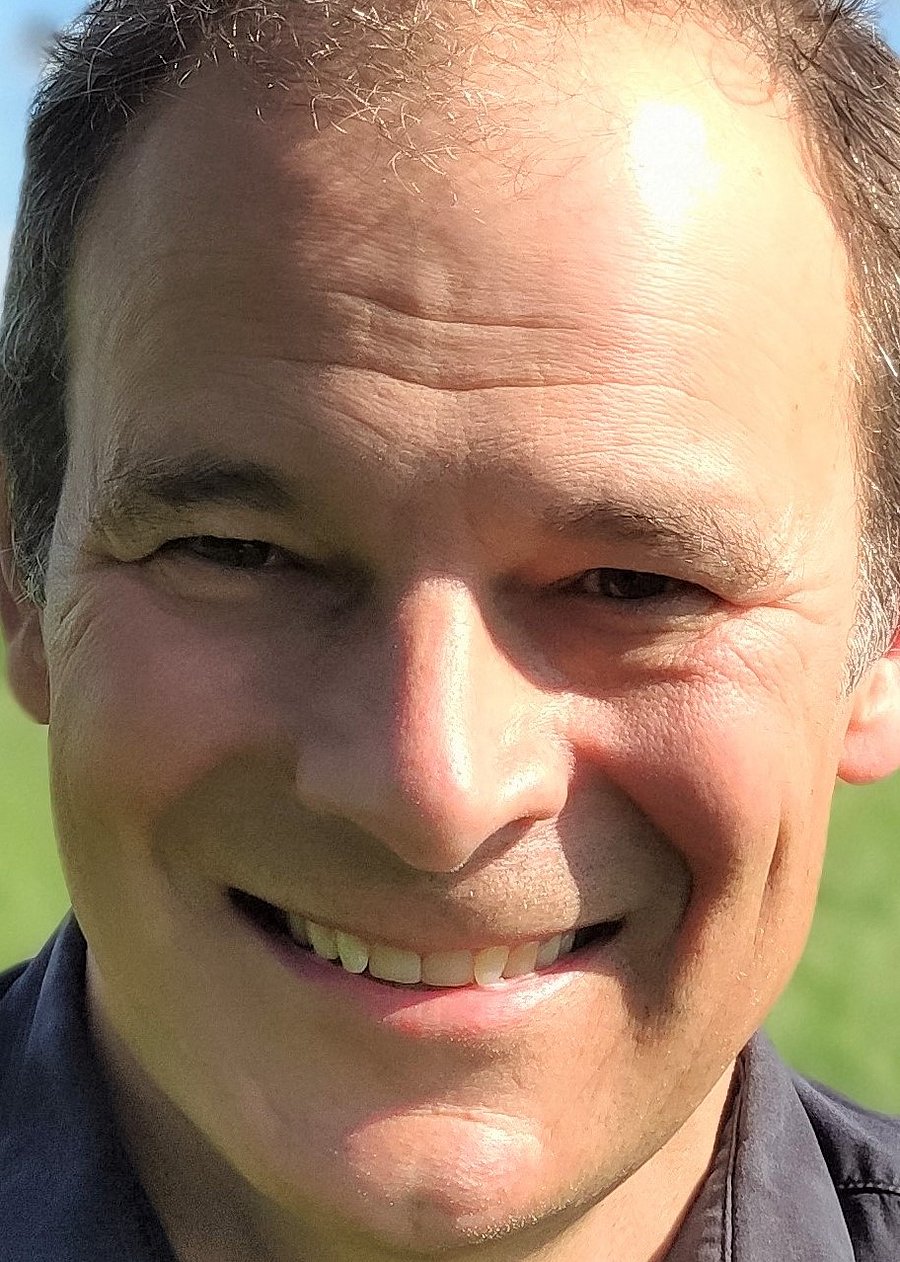
Dr. Hans Marten Paulsen is researcher and deputy director at the Institute of Organic Farming in the Johann Heinrich von Thünen Institute, Federal Research Institute for Rural Areas, Forestry and Fisheries. His scientific work focusses on circularity, material flows and on innovations in cropping systems to stabilise yields in organic farming. The view in how far societal demands that are connected to food production are fulfilled is always included. He has long term experiences with cooperation with farmers and tries to find approaches, that are accepted in practice.
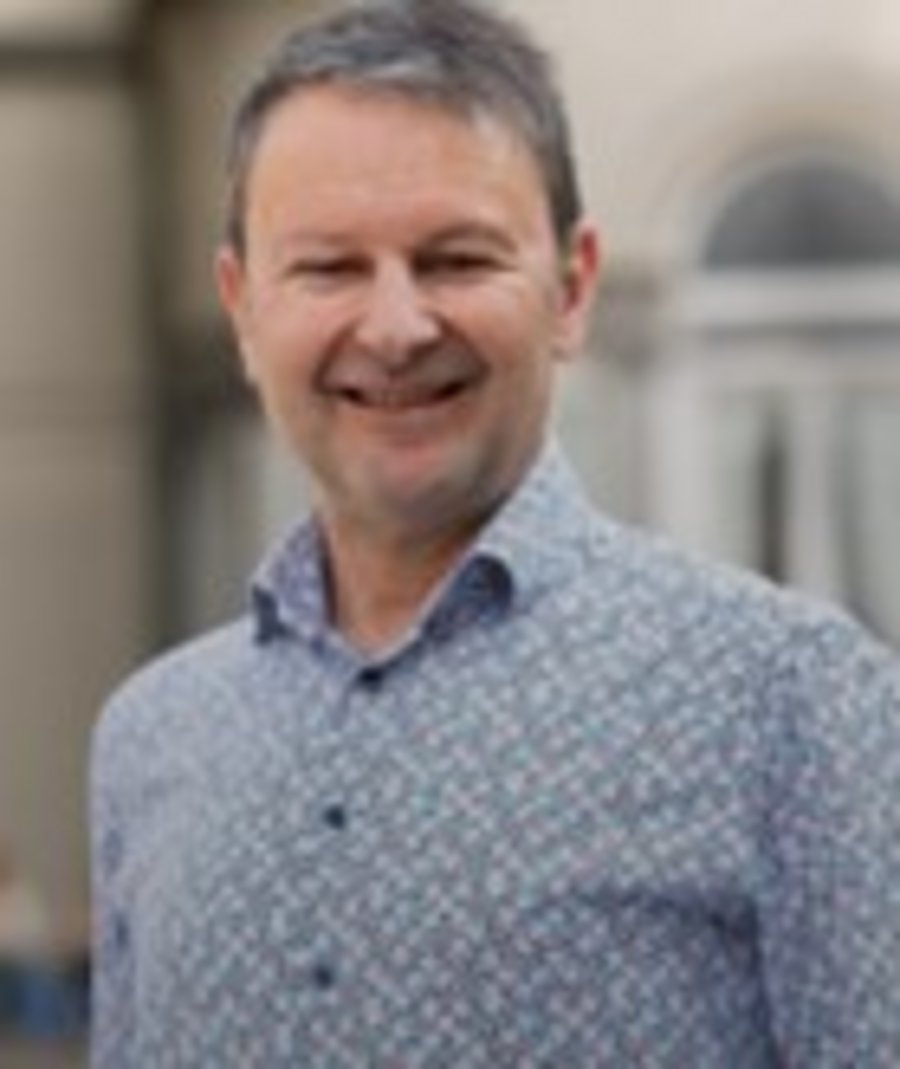
Emmanuel PETEL is a policy officer at the Directorate-General for Agriculture and Rural Development (DG AGRI) at the European Commission. Currently, he is working on the integration of environmental concerns into the Common Agricultural Policy (CAP), including soil health and carbon sequestration, and on promotion nature-based practices such as agroforestry, agroecology, regenerative agriculture …
Over the last decade, he has notably been involved in the design and implementation of certain relevant legal schemes (conditionality and greening scheme), financial instruments such as eco-scheme and upcoming agri-environment- climate actions in the future CAP 2028-2034.
As team leader, Emmanuel PETEL provided extensive support, in particular the national administrations to facilitate a proper enforcement of the different schemes. During the current programming period starting in 2022, he has contributed via an intensive dialogue with Member States, to the assessment of the national CAP Strategic Plans in the area of climate mitigation and soil protection.
Emmanuel PETEL works in synergy and close cooperation with other European services notably as regards the development for a new legal framework for soil protection especially on the soil monitoring law proposal, and on carbon removal and carbon farming.
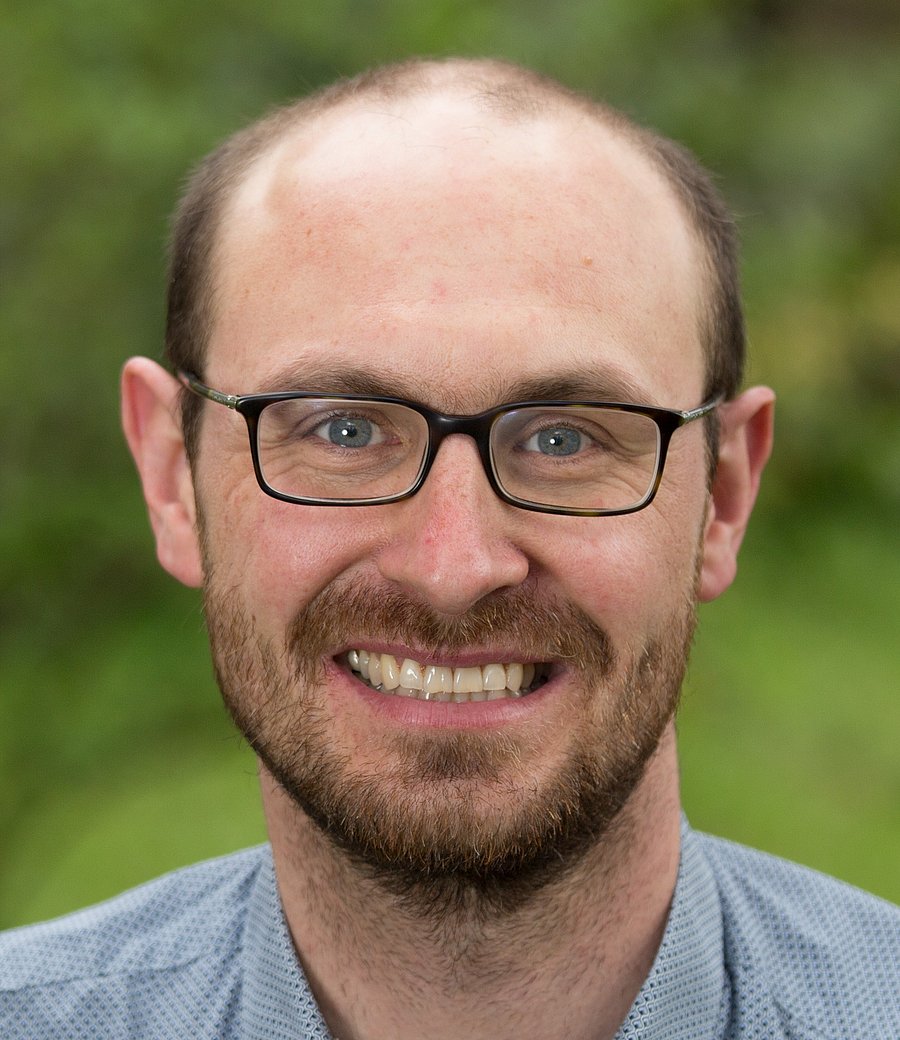
Jan Peters, landscape ecologist by training, acts as managing director at Michael Succow Foundation, Partner in the Greifswald Mire Centre. His work focuses on peatlands and climate change with main expertise on policy analysis and advocacy, peatland management strategies incl. paludiculture and stakeholder co-creation processes. He holds rich experiences in international projects on climate change mitigation and adaptation, biodiversity conservation and development cooperation connected to peatlands in Europe (e.g. Germany, Baltic States), Asia, Africa, and South America. Additionally, he acts as chair of the board of Wetlands International European Association.
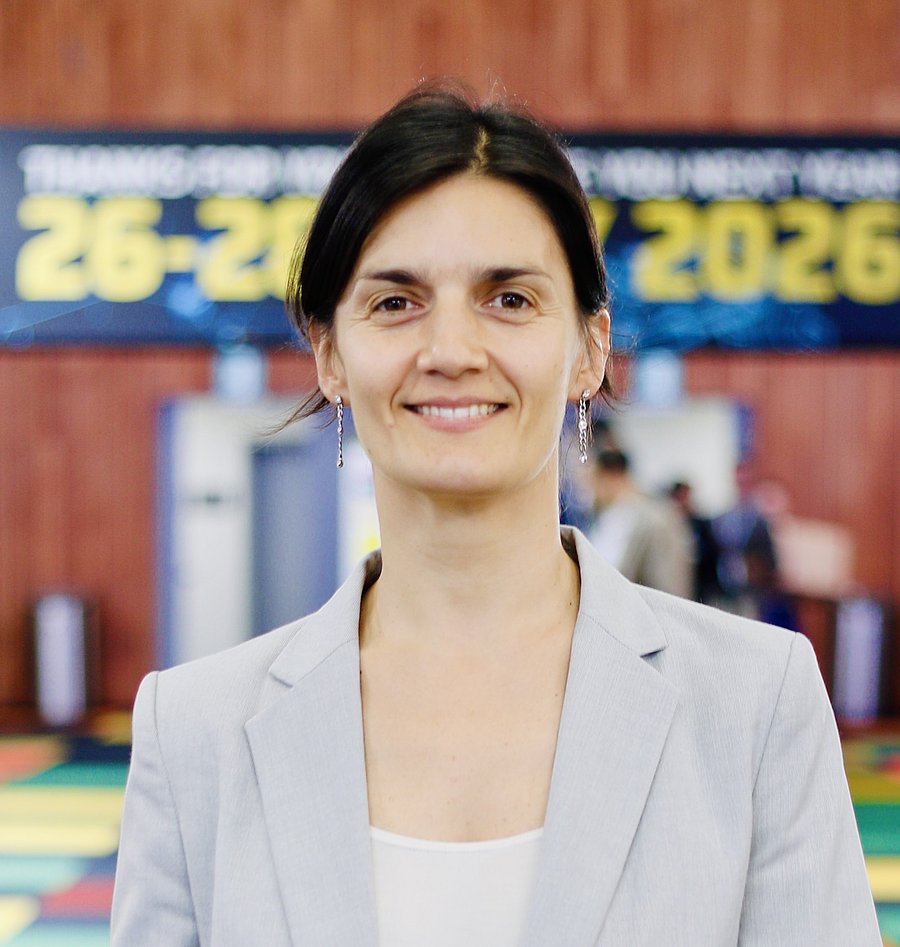
Sonia Pietosi is a Project Specialist at EIT Food. She manages LILAS4SOILS, a Horizon Europe-funded project fostering the co-creation, demonstration and adoption of Carbon Farming Practices through Living Labs in the Mediterranean region. Previously Sonia worked at the Satellite Applications Catapult (SAC), UK, where she created an Environmental Space Living Lab that promoted the application of satellite technologies in soil health, water quality and biodiversity use cases.
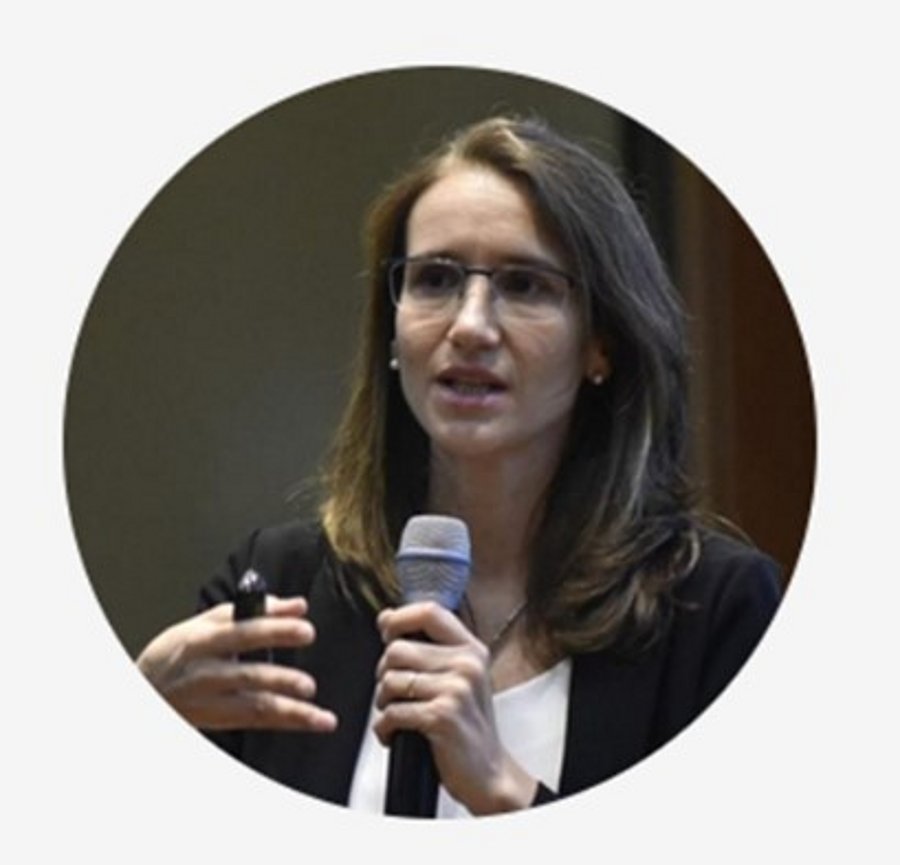
National Institute for Agricultural Research (INIA, Uruguay). Dr. Virginia Pravia holds a BSc in Agronomy (2004) and Master in Agricultural Sciences (2009) from the the College of Agronomy, Universidad de la República (Fagro-UdelaR, Uruguay), and PhD in Agronomy from The Pennsylvania State University (2017). She is a Researcher in the Areas of Pastures and Forages and Natural Resources, Production and Environment at the National Institute for Agricultural Research (INIA, Uruguay), based at INIA Treinta y Tres since 2006. Her research interests focus on the quantification of carbon (C) and nitrogen (N) fluxes in pasture and cropping agroecosystems for the development of sustainable intensification pathways supporting soil C sequestration and N use efficiency, and crop and pasture productivity. Integrating agroecosystem simulation models, long-term experiments in the field, regional surveys and laboratory experiments using isotope techniques to unravel the mechanisms behind soil C and N retention and soil organic matter decomposition in crop-pasture systems. Involved in several national and international initiatives and projects related to soil C sequestration and the evaluation, adaptation, and mitigation of climate change effects in agricultural systems, interacts with local farmers and policy makers enabling the extension of scientific knowledge at the soil-plant-atmosphere interaction level into adaptive farming practices.
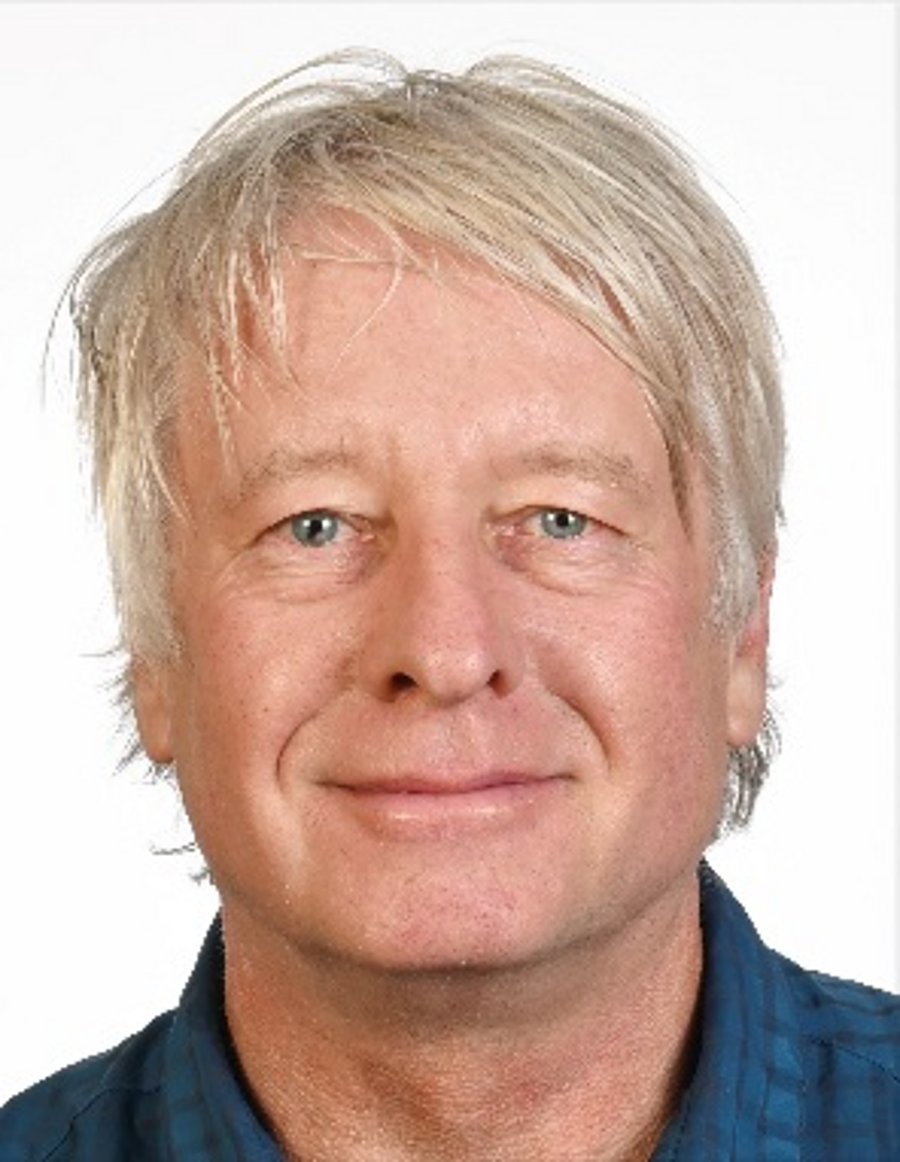
Gerold Rahmann was born 1962 in East Frisia on a farm. He studied agricultural economics and obtained a doctorate in rural development at the University of Goettingen (Germany). Gerold habilitated in agroecology at the University of Kassel (Germany). In 2000, he became founding director of the Thuenen-Institute of Organic Agriculture and is professor at the faculty of Organic Agricultural Sciences at the University of Kassel, Germany. He worked for many years in other countries, especially in Africa, but also Asia and South America.
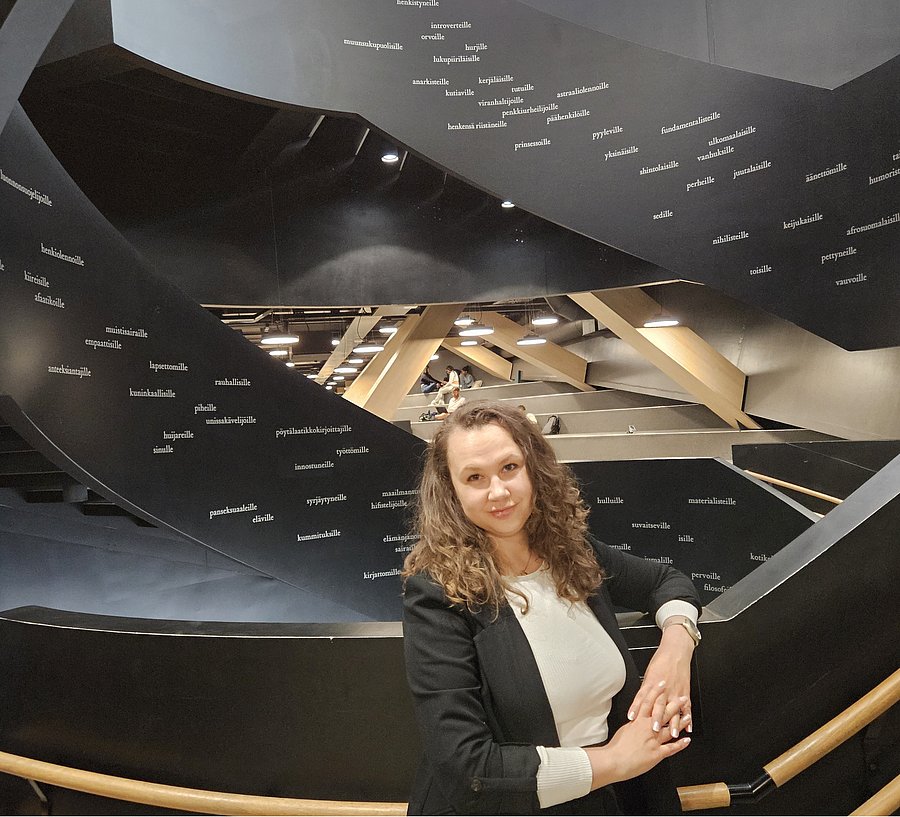
Paulina Rajewicz is a Postdoc and Research Coordinator at the University of Helsinki and serves as Focus Group Leader in the EU-funded CREDIBLE project, which aims to build consensus on methodologies and legislation for carbon farming. Her work centers on proximal sensing, digitalization, technology acceptance, and transformative capacity in agricultural systems. She holds a PhD in Agriculture and Forestry (Plant Ecophysiology), with research expertise in leaf optical properties and plant stress responses.
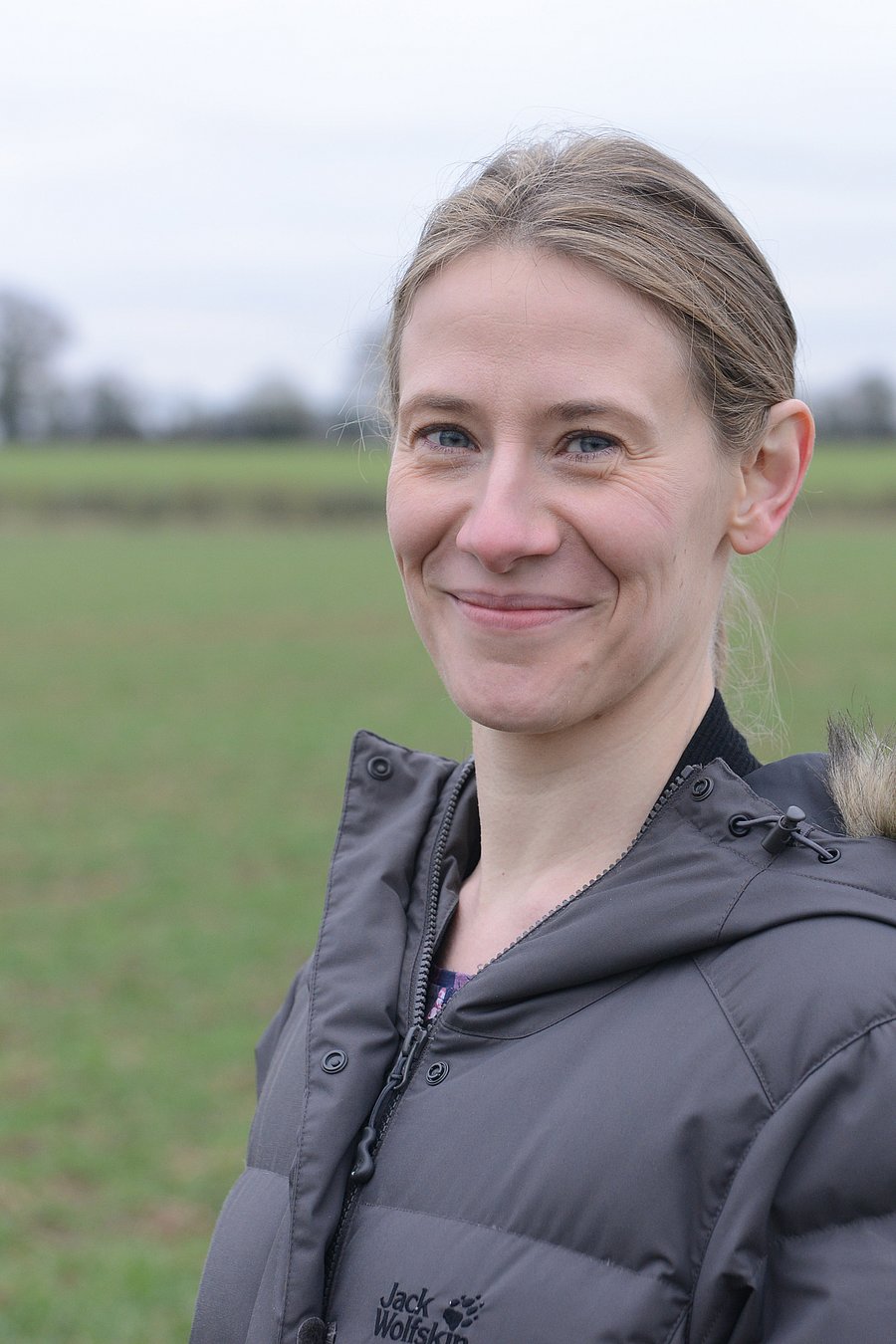
Lizzie is Associate Managing Director of the ADAS Sustainable Agricultural Systems Business and President Elect of the British Society of Soil Science. She is a Soil Scientist by training, with specialist knowledge of soil and nutrient management and diffuse pollution of air and water from agricultural systems. She has detailed knowledge of national fertiliser recommendation systems and precision farming techniques for improved soil and nutrient management. Lizzie’s current R&D projects focus on precision farming, improved nutrient management and the environmentally sustainable recycling of organic materials to land. She is STEM ambassador and supports the British Society of Soil Science on their Outreach, Grants & Awards, and Publications committees.
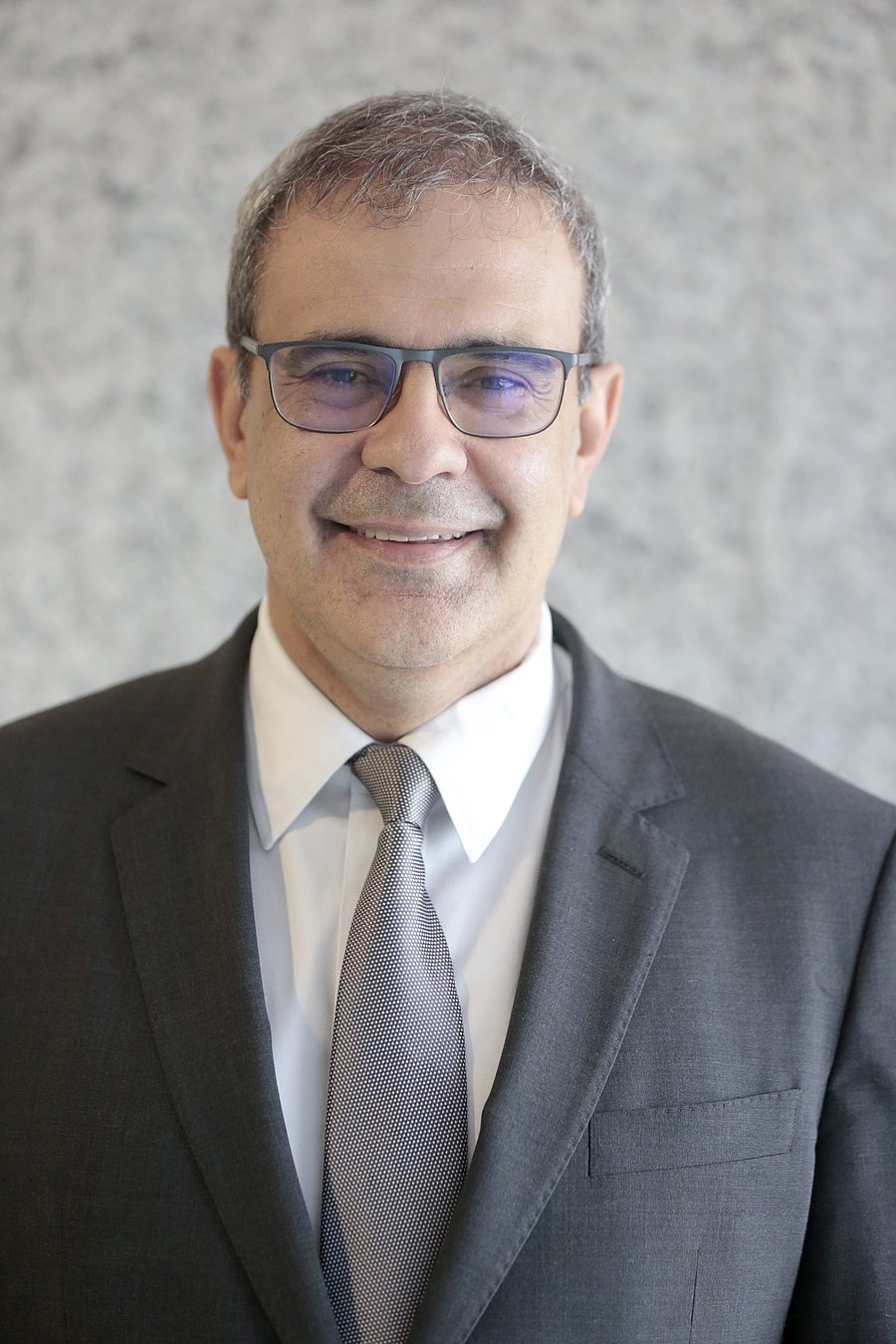
Agronomist, graduated in 1992. Master’s degree in Soils and Plant Nutrition from the University of Lavras, Brazil (1996). Specialization in Sustainable Development from the University of London (2000).
Professional experience at the Ministry of Agriculture and Livestock since September 1997, in various positions, including Secretary of Agricultural Policy, with responsibilities in food supply, credit, and rural insurance, as well as Chief of Staff to the Minister.
Currently serving as Agricultural Attaché at the Embassy of Brazil in Berlin.
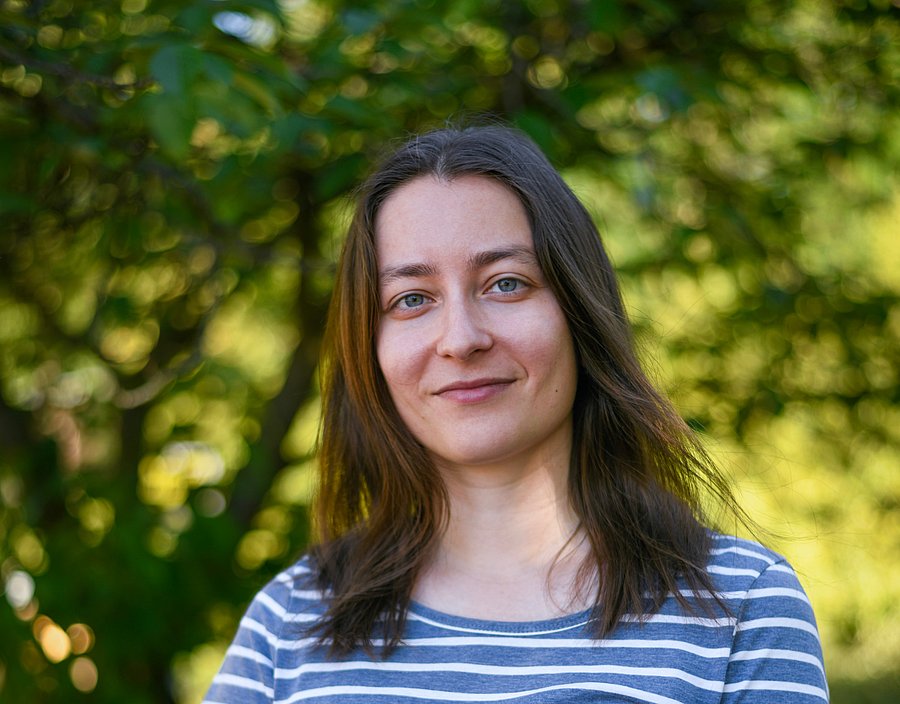
Anna Sauer is a geoecologist with a degree from the University of Bayreuth. She has experience in soil–plant–atmosphere modeling of water fluxes, with a particular focus on plant drought stress, a field she pursued in her research at the Technical University of Munich. She is now based at the Julius Kühn Institute in Kleinmachnow, where she coordinates the scientific support of the model and demonstration project "Soil Organic Matter Build-Up in Fruit and Vegetable Production as well as in Viticulture and Hop Growing", working at the intersection of research and practice to promote sustainable agricultural systems.
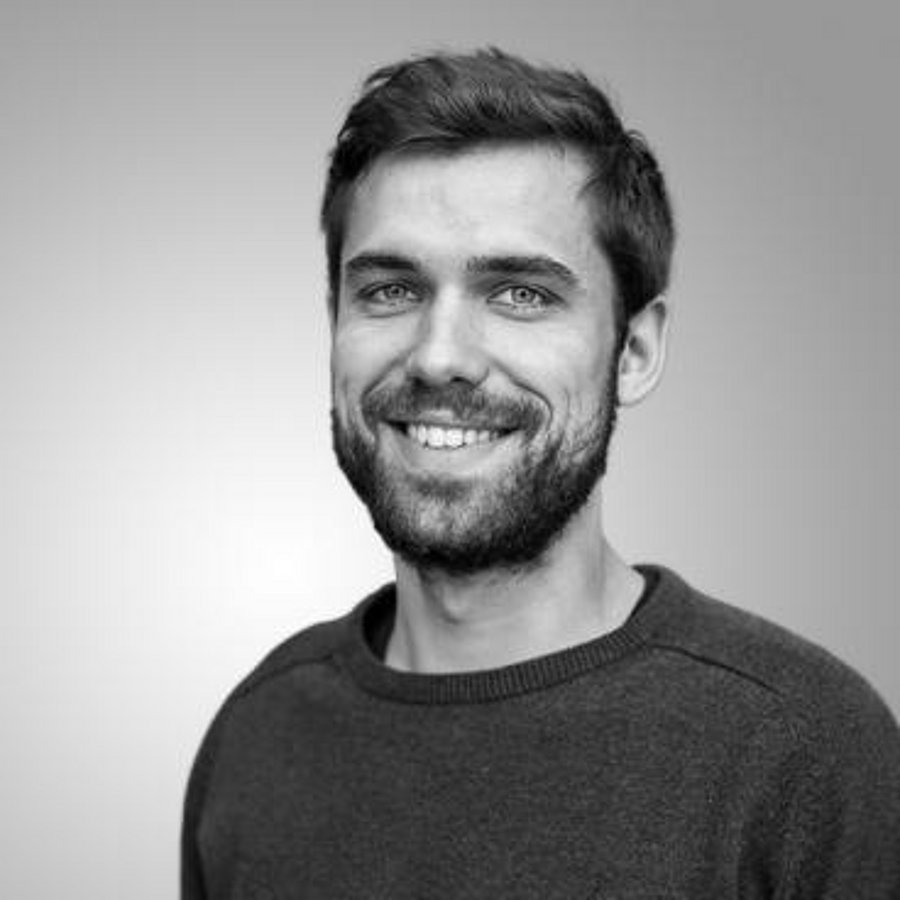
Aaron Scheid is a Fellow at Ecologic Institute coordinating the Agriculture & Soils Team. His areas of expertise are agricultural policy and land use, with a focus on the Common Agricultural Policy (CAP), carbon farming, carbon pricing mechanisms and nature-based solutions.
At Ecologic Institute, Aaron Scheid leads the work on Incentivizing farm-level climate action through rewarding mechanisms as part of the Horizon Europe “Climate Farm Demo” project and MoorNet supporting the implementation of the national peatland protection strategy in Germany. He also contributes to the projects "Pricing Agricultural Emissions and Rewarding Climate Action in the Agri-food Value Chain”, “Temporary carbon sequestration units in EU agri-food climate policy”, CREDIBLE and “Carbon Farming Monitoring and Registry (CAFAMORE)”. Additionally, he is part of the EU Expert Group on Carbon Removals.
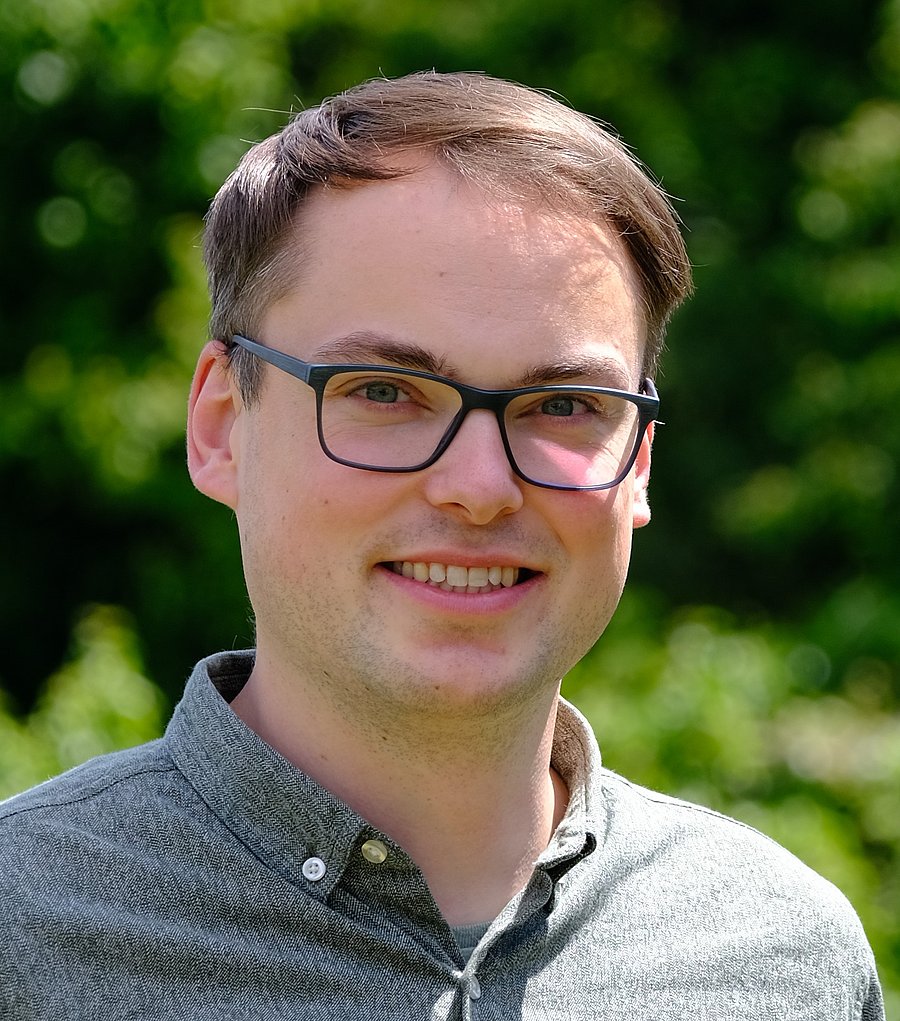
Dr. Marcus Schiedung is currently a postdoctoral researcher at the Thünen Institute of Climate-Smart Agriculture in Germany. Over the past two years, he has been part of the German Agricultural Soil Inventory, which is currently undertaking its first resampling effort. He is responsible for establishing the German Agricultural Soil Spectral Library within the framework of the inventory. Marcus's research focuses on the dynamics and quality of soil organic carbon in relation to management, land use, and climate change. To investigate this, he conducts field and laboratory experiments, employing a range of analytical methods at scales from micro to field level. During his doctoral studies at the University of Zurich, he explored the dynamics of wildfire-derived pyrogenic carbon in soils with a focus on permafrost-affected soils. Subsequently, as a postdoctoral researcher at ETH Zurich, he started to work on sustainable management of tropical and temperate soils.
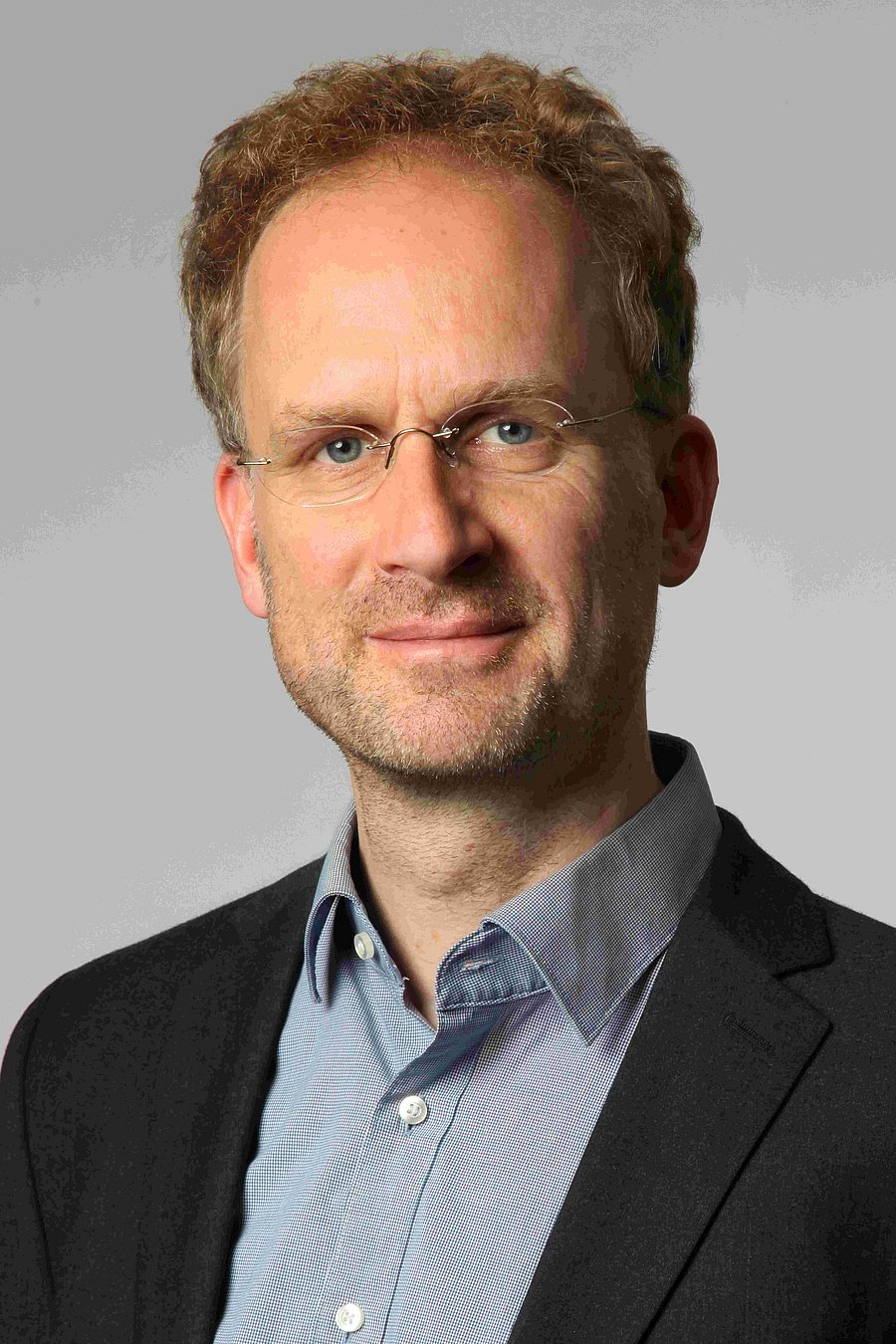
Lambert Schneider is Research Coordinator for International Climate Policy at Öko-Institut. He has been doing research on international climate policy and carbon markets for more than 20 years and is involved in the international climate negotiations on Article 6. He is also a member of the Executive Board of the Clean Development Mechanism and member of the Methodological Expert Panel of the Paris Agreement Crediting Mechanism.
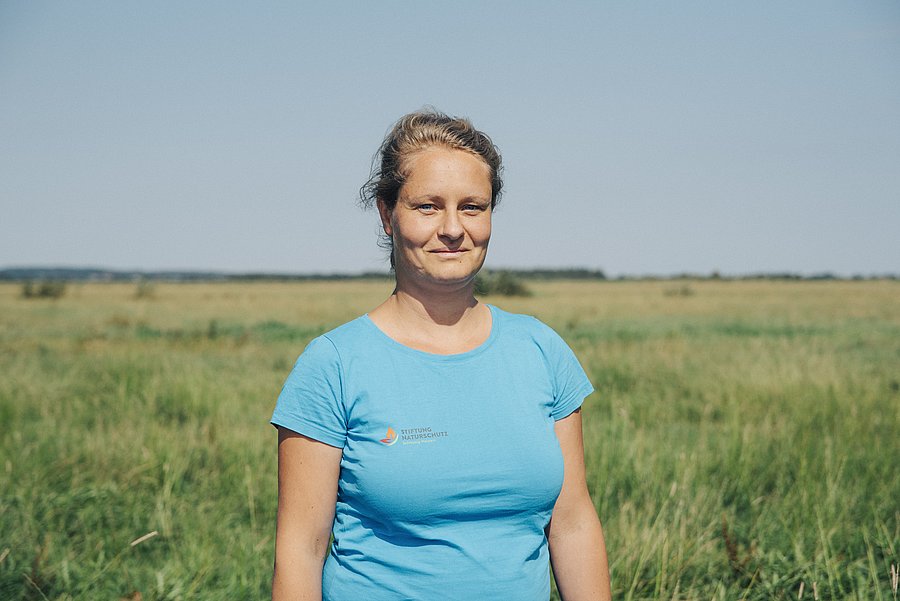
Wiebke Schuster is a biologist and holds a Phd in geosciences. She has studied a variety of peatlands, whether degraded in Germany, thawing in the inhospitable Arctic, or pristine on the Península Mitre in Tierra del Fuego. Her focus, however, has always been on the biogeochemistry of peatlands. With this wealth of experience, she is now working at the Schleswig-Holstein Nature Conservation Foundation to promote peatlands in northern Germany. Here, she implements rewetting measures in the Klimafarm project and, together with her colleagues, tries to get other people excited about the wet management of peatlands.
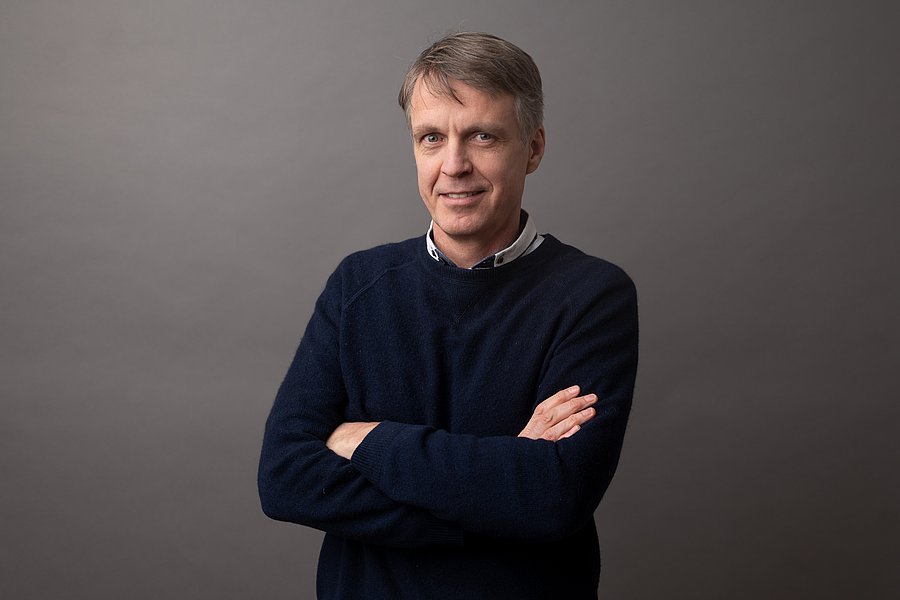
Dr. Rolf Sommer is project manager of HumusKlimaNetz at Bund Ökologische Lebensmittelwirtschaft (BÖLW), a model and demonstration project on humus formation and conservation in arable soils. Previously, he was the director of Agriculture and Land Use Change Department at WWF and worked as an expert on tropical agriculture and soils in Africa, Asia, and Latin America.
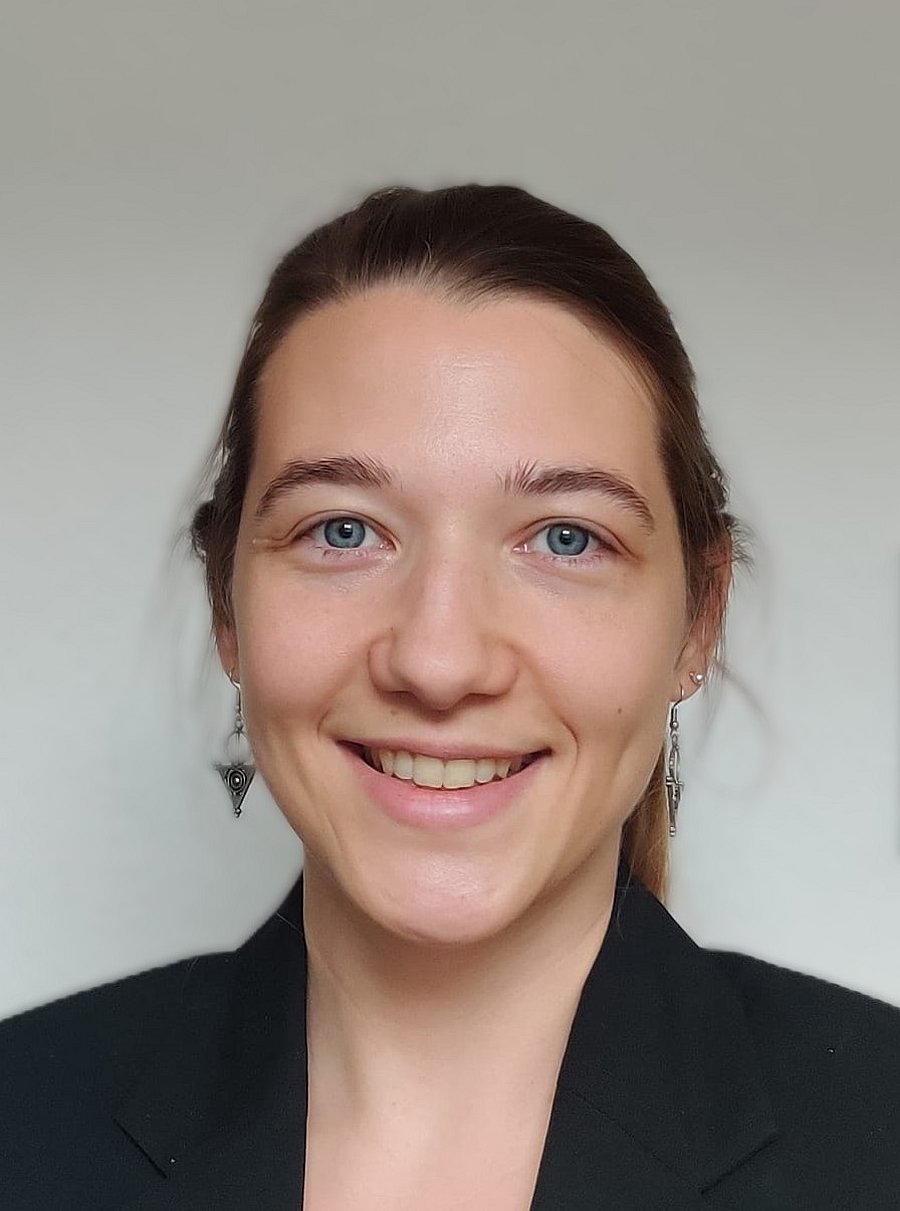
With a background in Nutritional Sciences and Public Health in Disasters, Ramona Stossberger brings an interdisciplinary perspective to her role at the Deutsche Gesellschaft für Internationale Zusammenarbeit (GIZ) GmbH. As a Monitoring and Evaluation Specialist, she works with the Global Programmes “Soil Protection and Rehabilitation for Food Security” and “Soil Matters – Innovations for Soil Health and Agroecology”, while considering cross-cutting topics such as climate, gender, and food security. Her experience includes work in Mali, where she supported the Global Programme “Green Innovation Centres in the Agri-Food Sector”. At the conference, she presents the policy brief “Healthy Soils, Resilient Systems – Levers for Sustainable Agricultural and Food Systems.”
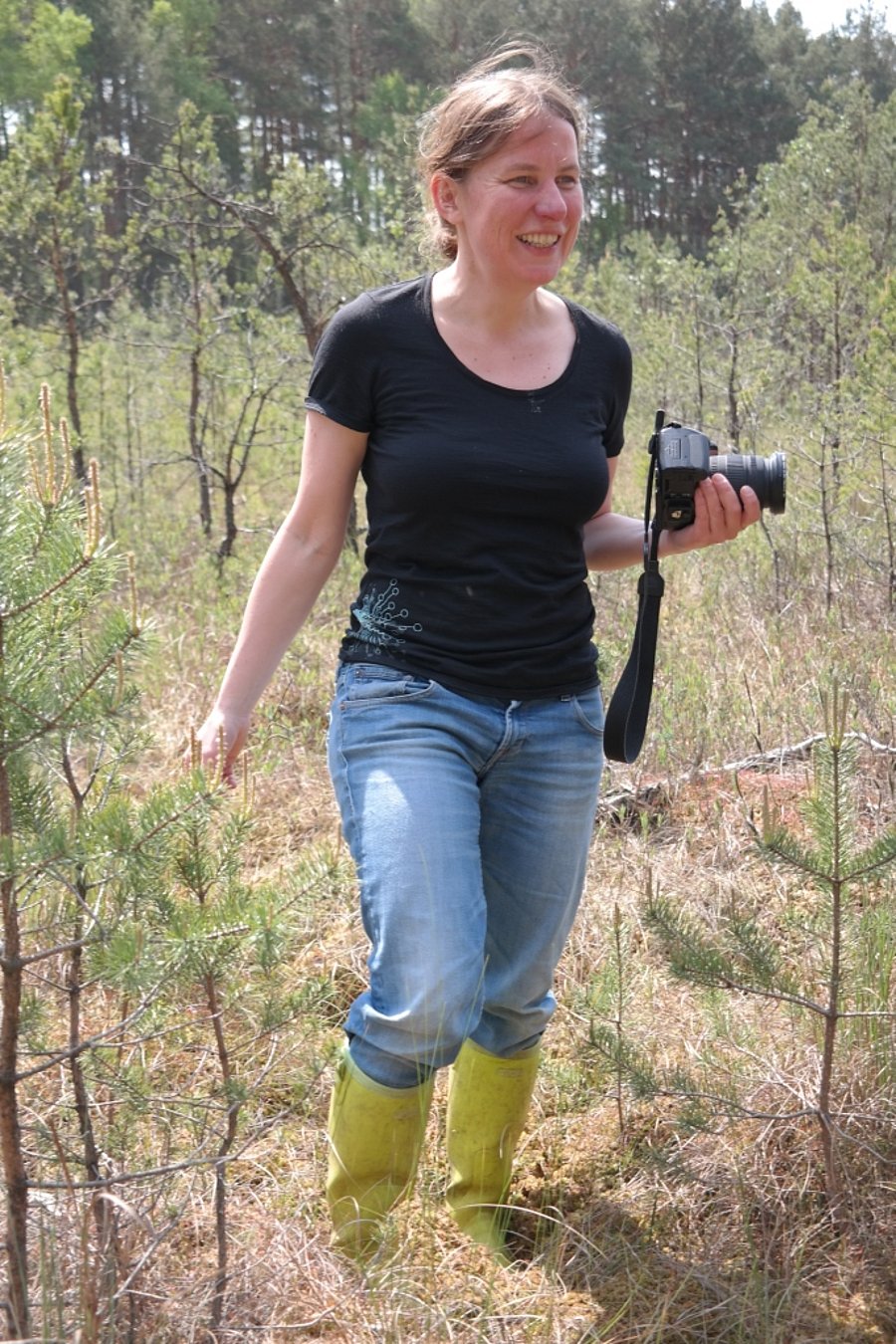
Dr. Bärbel Tiemeyer studied Land Management and Environmental Protection at Rostock University and Sustainable Management of the Water Environment at the University of Newcastle upon Tyne. After returning to Rostock for her PhD, she has been working at the Thünen Institute of Climate-Smart Agriculture. She heads the institute’s Peatland Group. Besides conducting research projects on the reduction of greenhouse gas emissions from organic soils, hydrology and water quality, the group is responsible for deriving emission factors and upscaling methods for organic soils in the greenhouse gas inventory. Current major projects are the “Implementation of the German peatland monitoring program for climate protection (MoMoK) - Part 1: Open Land” and the PaludiZentrale, which will form and support a network of paludiculture projects und provide overarching analyses on ecosystem services as well as agronomic data.
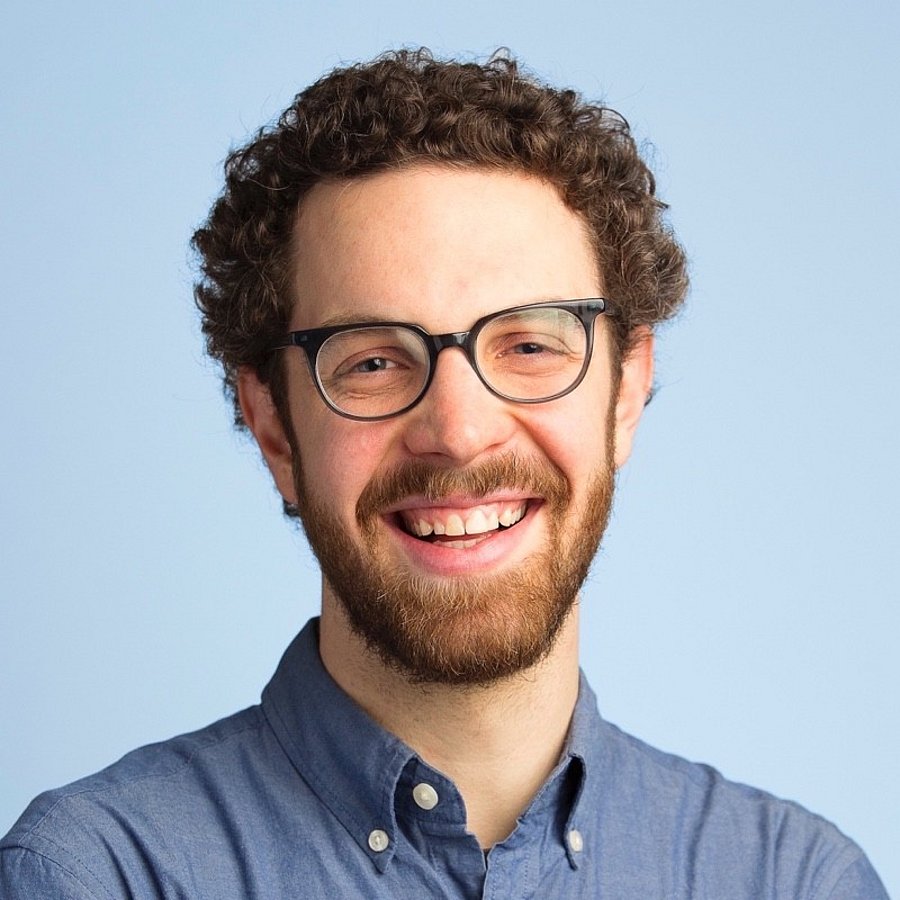
Chris Tolles, CEO and co-founder of Yard Stick PBC, is a Boston-based entrepreneur focused on science commercialization in service of the climate change crisis. Prior to Yard Stick he was CEO and co-founder of Sundaily, an ingestible sun protection product company which he sold to Grove Collaborative in 2020. Previous to his founding roles, Chris worked with HBS Professor Clay Christensen, creator of the theory of disruptive innovation, at Clay's firm Innosight, focused on entrepreneurial innovation efforts at large corporate clients including Bose, Biogen, and Eli Lilly. Before Innosight, Chris worked in various emerging market-focused impact roles in Switzerland, Norway, Liberia, Honduras, and Hong Kong. Chris holds an MBA from Boston University and a BFA in Furniture Design from Rhode Island School of Design (RISD). He's proudly from the great state of New Jersey.
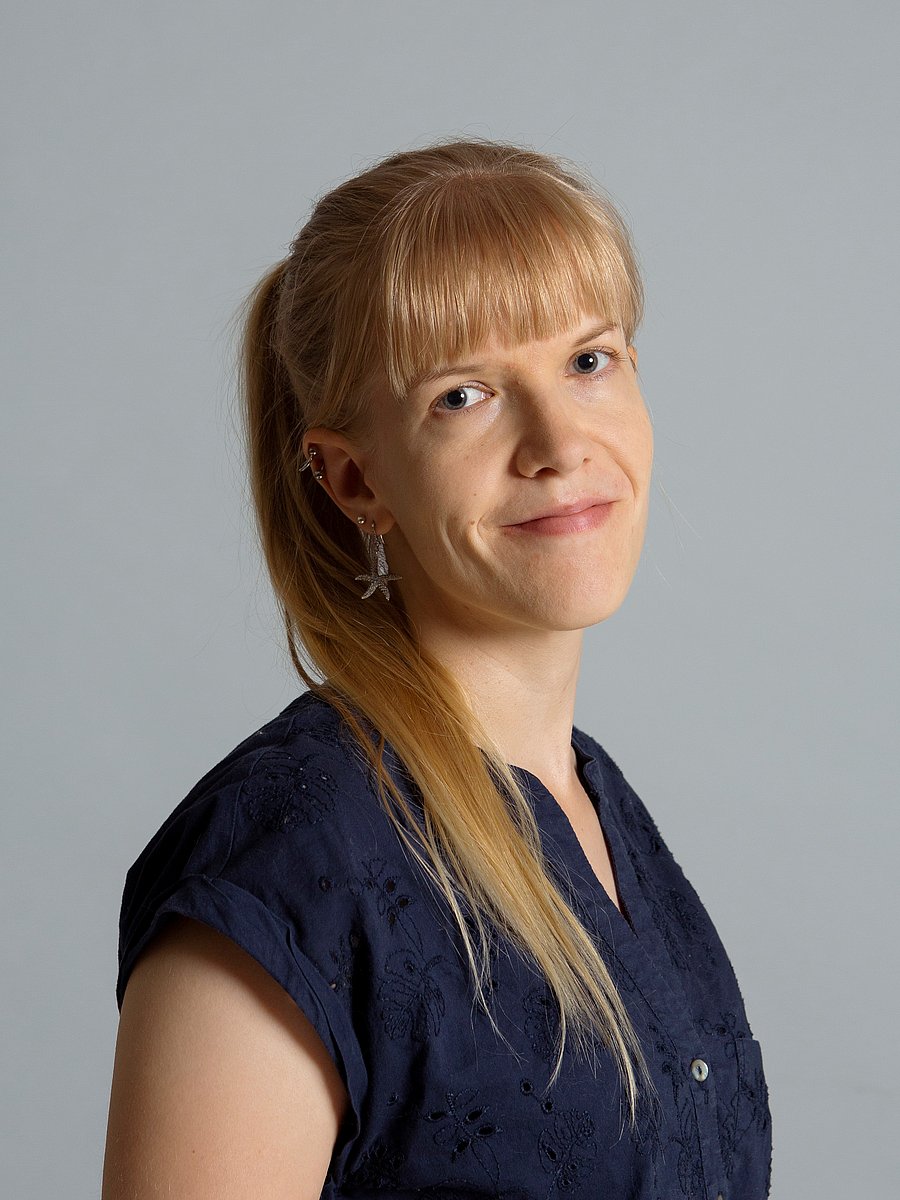
Elisa Vainio is a Research Coordinator in the Baltic Sea Action Group (BSAG) / Carbon Action, and her work focuses on science-based communication and disseminating research results on regenerative agriculture. She has been working with the topics of regenerative farming, soil carbon and soil health since 2021. She holds a PhD in environmental science from the University of Helsinki, having expertise on greenhouse gas fluxes in forest ecosystems. BSAG is a non-profit foundation that takes effective actions to save the Baltic Sea. Carbon Action is a multidisciplinary collaboration network, which develops practical regenerative farming methods while studying e.g. carbon sequestration and biodiversity in arable land. Carbon Action platform includes multiple projects, farmers, advisors, researchers, and companies.
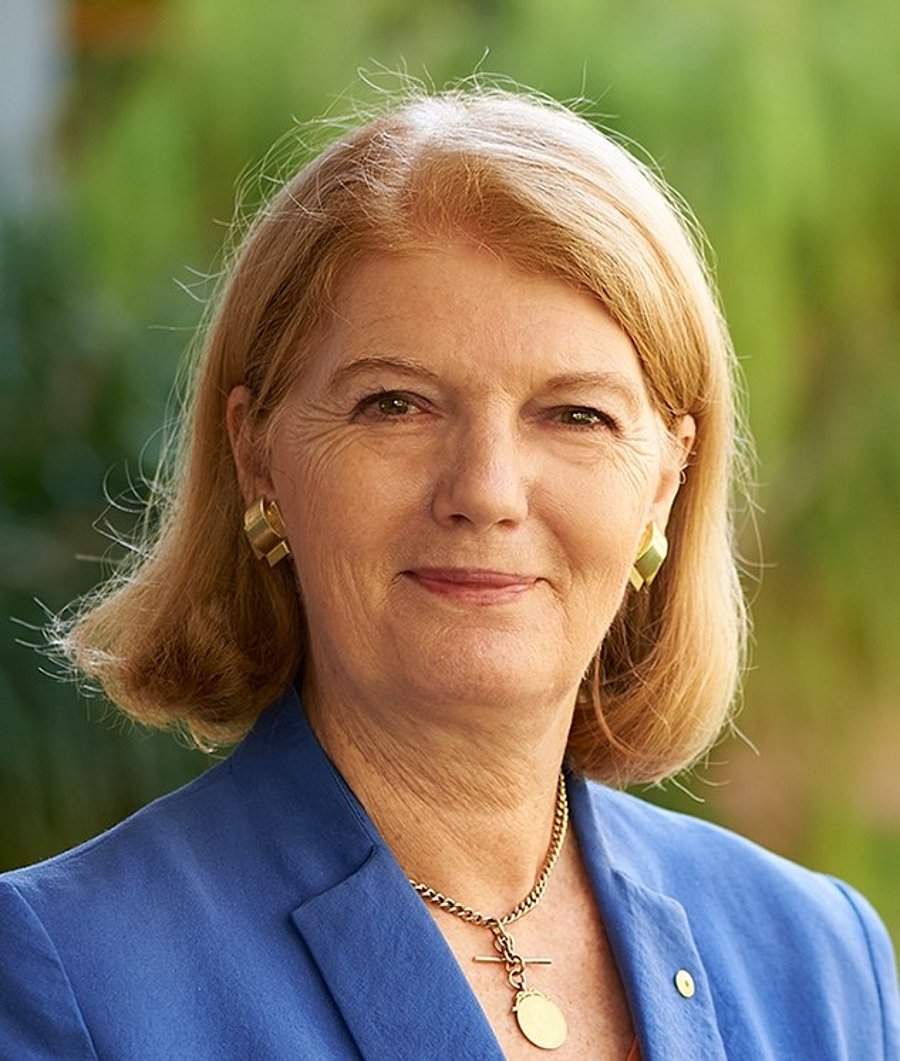
Penny Wensley is a committed internationalist and advocate for sustainability, with deep experience in the development of policy responses to address global challenges. She was a career diplomat for four decades (1968-2008), occupying many high-level positions, including as Ambassador to the UN in both Geneva and New York, Ambassador for the Environment, High Commissioner to India and Ambassador to France. She served as Governor of Queensland from 2008-2014 and since 2015 has held a succession of leadership and advocacy roles, focused principally on the environment and natural resource management.
As Australia’s Ambassador for the Environment, she played a leading role in negotiation of the three landmark UN Conventions on Climate Change (UNFCC), Biodiversity (CBD) and Desertification (UNCCD). As the National Soils Advocate of Australia (2020-2023) she drove an energetic agenda in Australia and overseas to raise awareness of the value of soil, soil science and research and to secure greater policy attention for soil. She continues this advocacy effort, as Patron of Soil Science Australia, of the Cooperative Research Centre for High Performance Soils, a member of the Global Soil Partnership (GSP), the Coalition of Action for Soil Health (CA4SH) and the Global Soil Security Think Tank.
Her work on international relations and the environment has achieved national and international recognition. She is a Companion of the Order of Australia and a Grand Officer of the French National Order of Merit. She holds Honorary Doctorates from four Australian Universities, is a Fellow of the Australian Institute of International Affairs and an Honorary Fellow of the Environment Institute of Australia and New Zealand, honoured for outstanding contributions in the field of environmental policy development and implementation, particularly in the areas of climate change and sustainable development. In 2024, she received the IUSS Distinguished Service Medal, for her significant contribution to promoting public policy to protect the world’s soil resources.
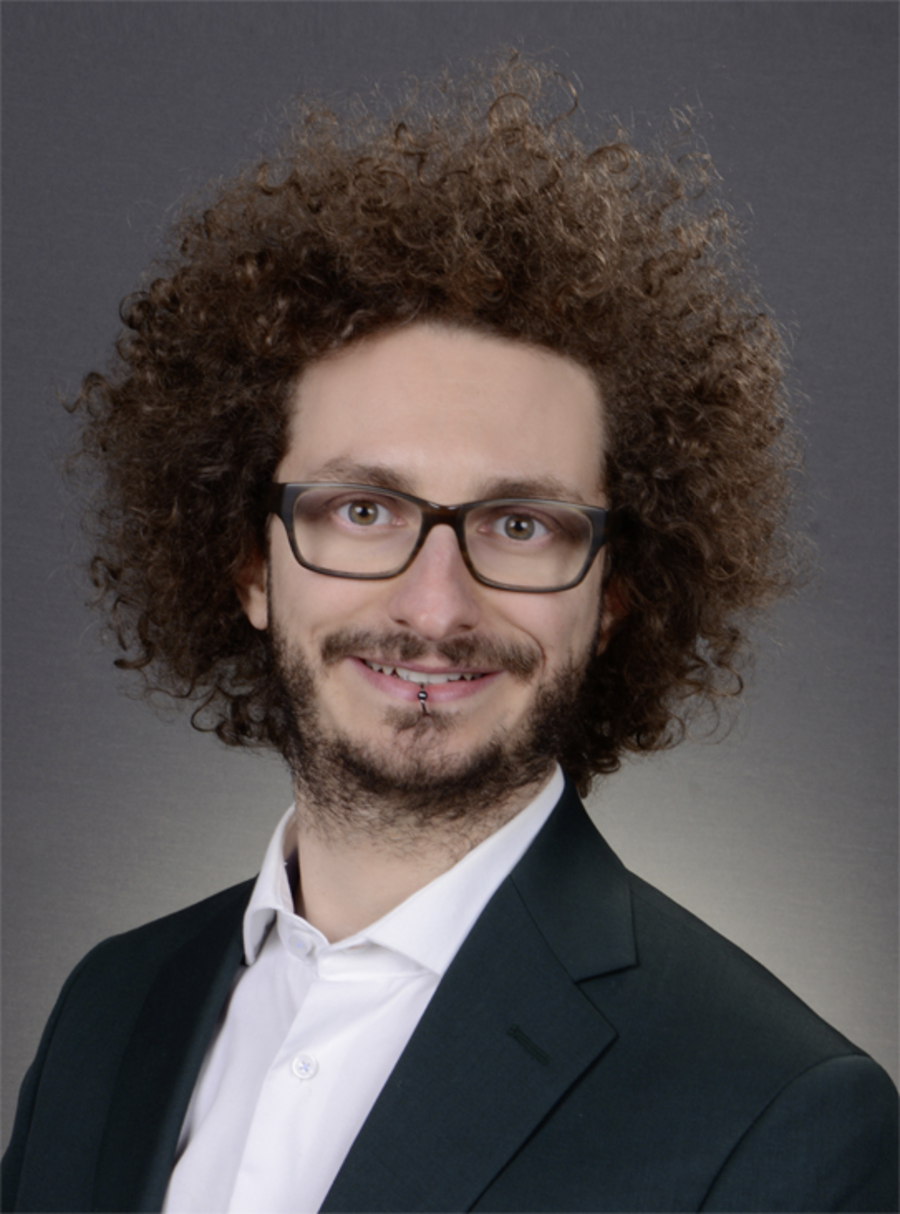
Stephen Wirth is a post-doctoral researcher in the land biosphere dynamics (LBD) group at the Potsdam Institute for Climate Impact Research (PIK). He holds a master degree in geoecology from the University of Potsdam and finished his doctoral thesis on the role of plant functional diversity for productivity and soil organic carbon stocks of managed grassland at Kiel University in July 2025. Currently he is investigating the potential of Agroforestry for terrestrial carbon dioxide removal (CDR) using the dynamic global vegetation model LPJmL within the Federal Ministry of Research, Technology and Space (BMFTR) funded project ABCDR (Agroforestry’s Biophysical potentials for CDR and Decision making across scales).
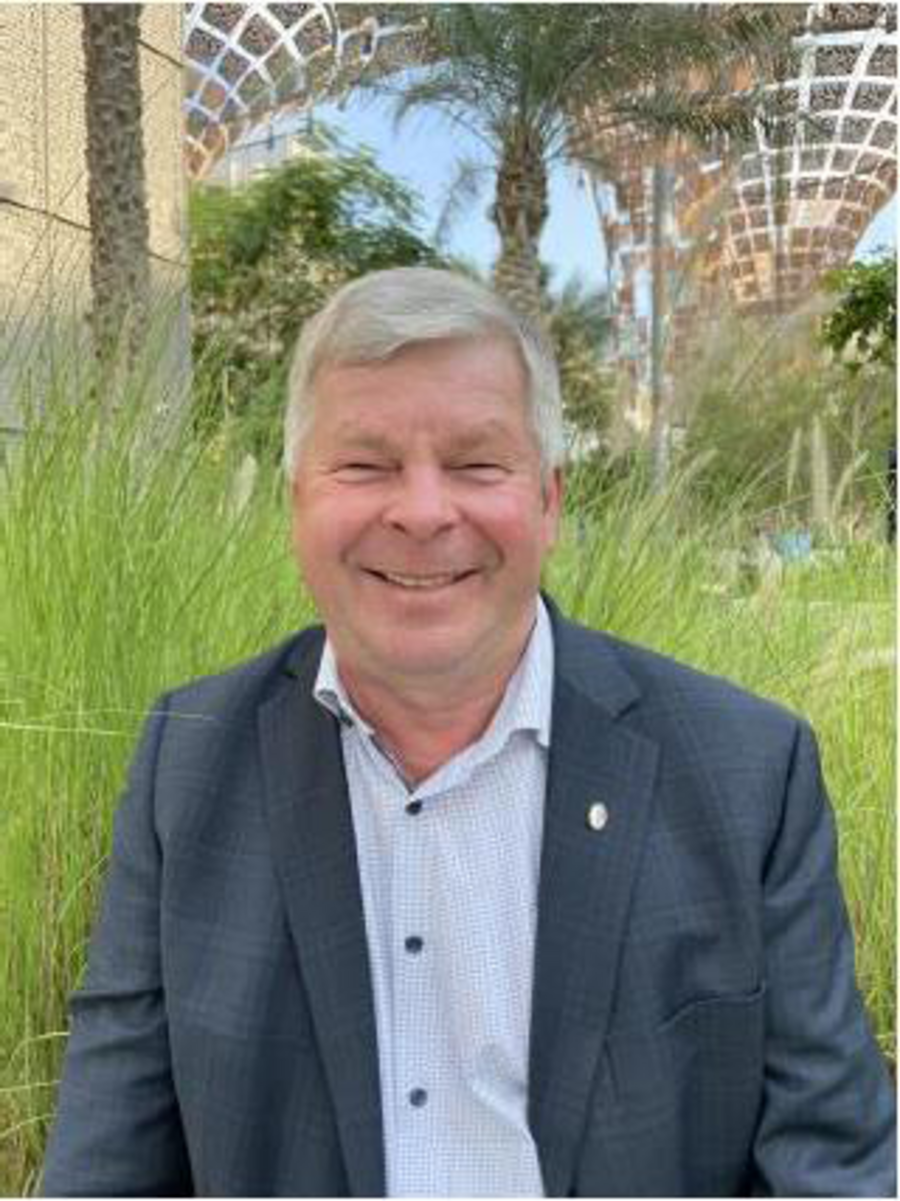
Dr. Zornbach grew up on a small horticultural farm and studied biology at the University of Hamburg from 1979 to 1986, majoring in applied botany, microbiology and applied entomology.
After completing his dissertation at the Federal Biological Research Centre for Agriculture and Forestry (now the Julius Kühn Institute), Dr. Zornbach moved to the Federal Ministry of Food and Agriculture (BMEL) in June 1990. There, he worked in the Plant Protection Unit and, from 2017 to 2024, served as Head of the Sustainability, Climate Protection, and Climate Impacts Unit (Unit 521).
Dr. Zornbach chaired the OECD Pesticide Risk Reduction Steering Group for over 10 years, chaired a number of OECD seminars and workshops on various plant protection topics, and most recently chaired the OECD Working Group on Pesticides. This is the highest body within the OECD dealing with plant protection issues. In 2018/2019, Dr. Zornbach served as Chair of the Global Research Alliance on Agricultural Greenhouse Gases (GRA).
Dr. Zornbach also chaired both the "4 per 1000" Day in Madrid 2019 and in Sharm-El Sheikh 2022 and has been a committed supporter of the Initiative over the years. In 2024, he was elected as one of the two Honorary Vice Presidents of the “4 per 1000” Initiative.
This page is continuously updated.